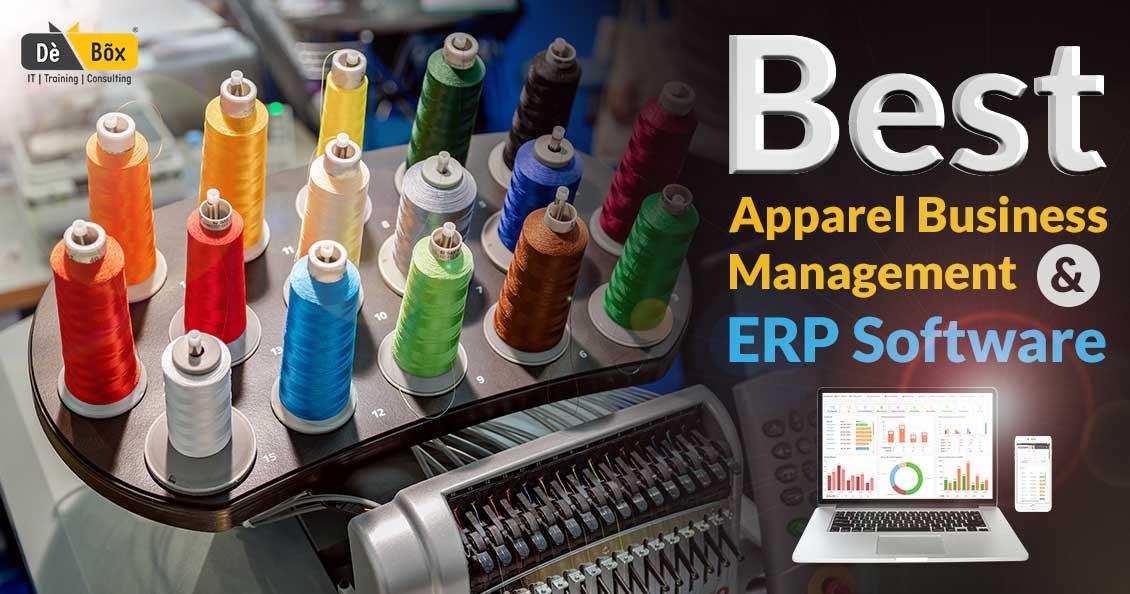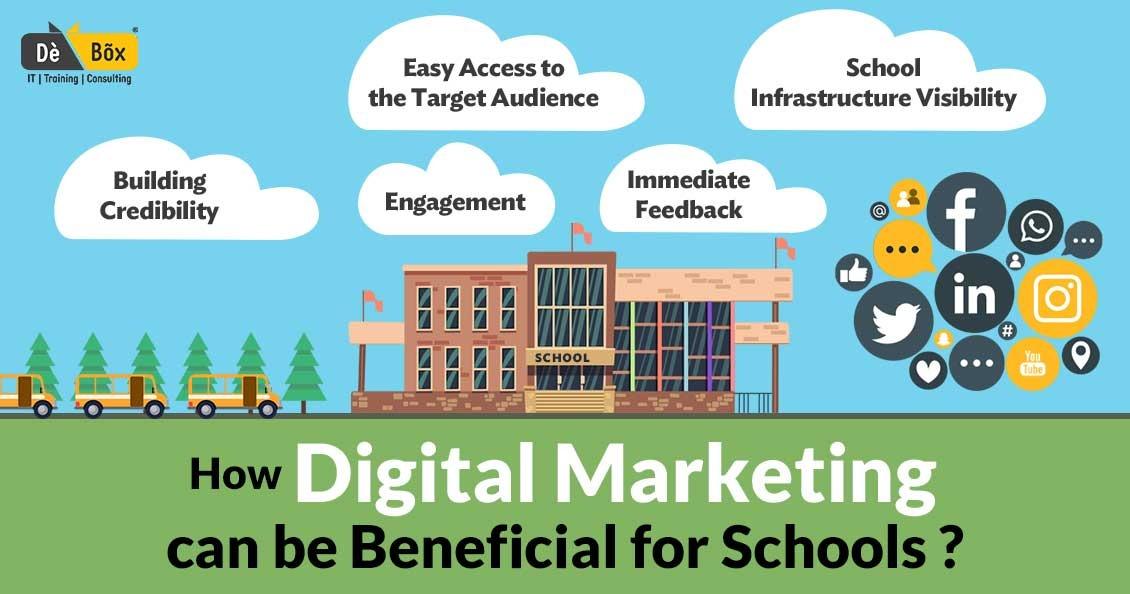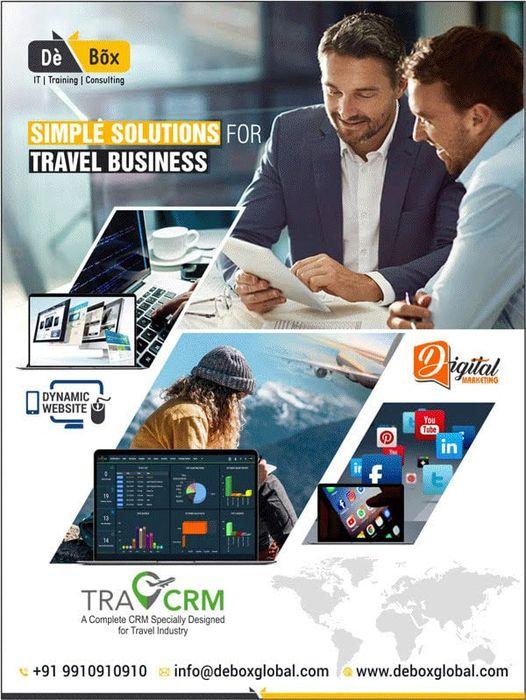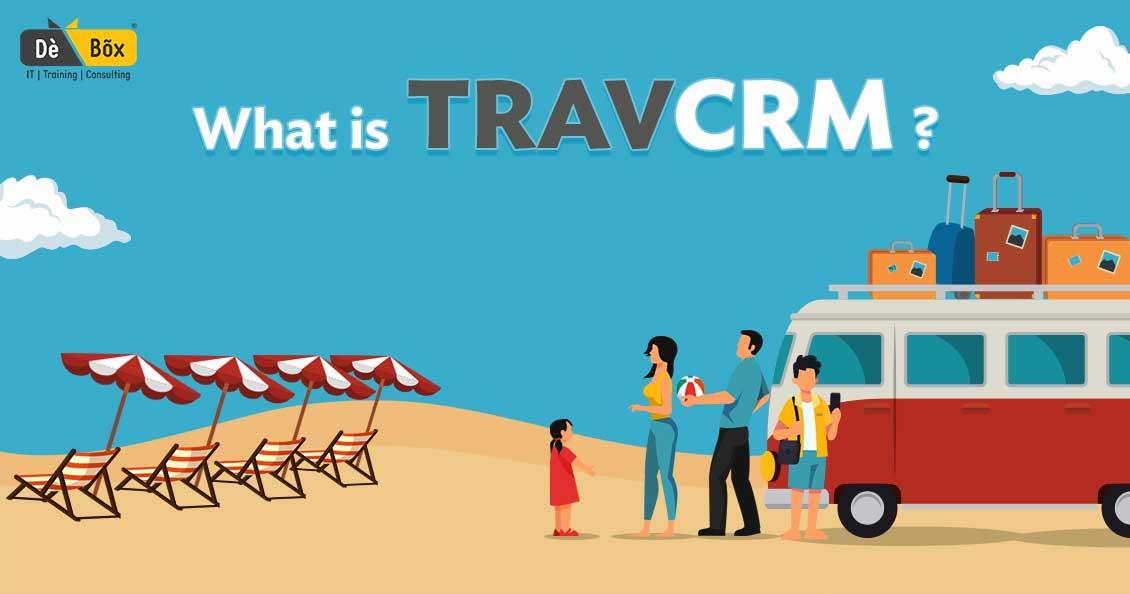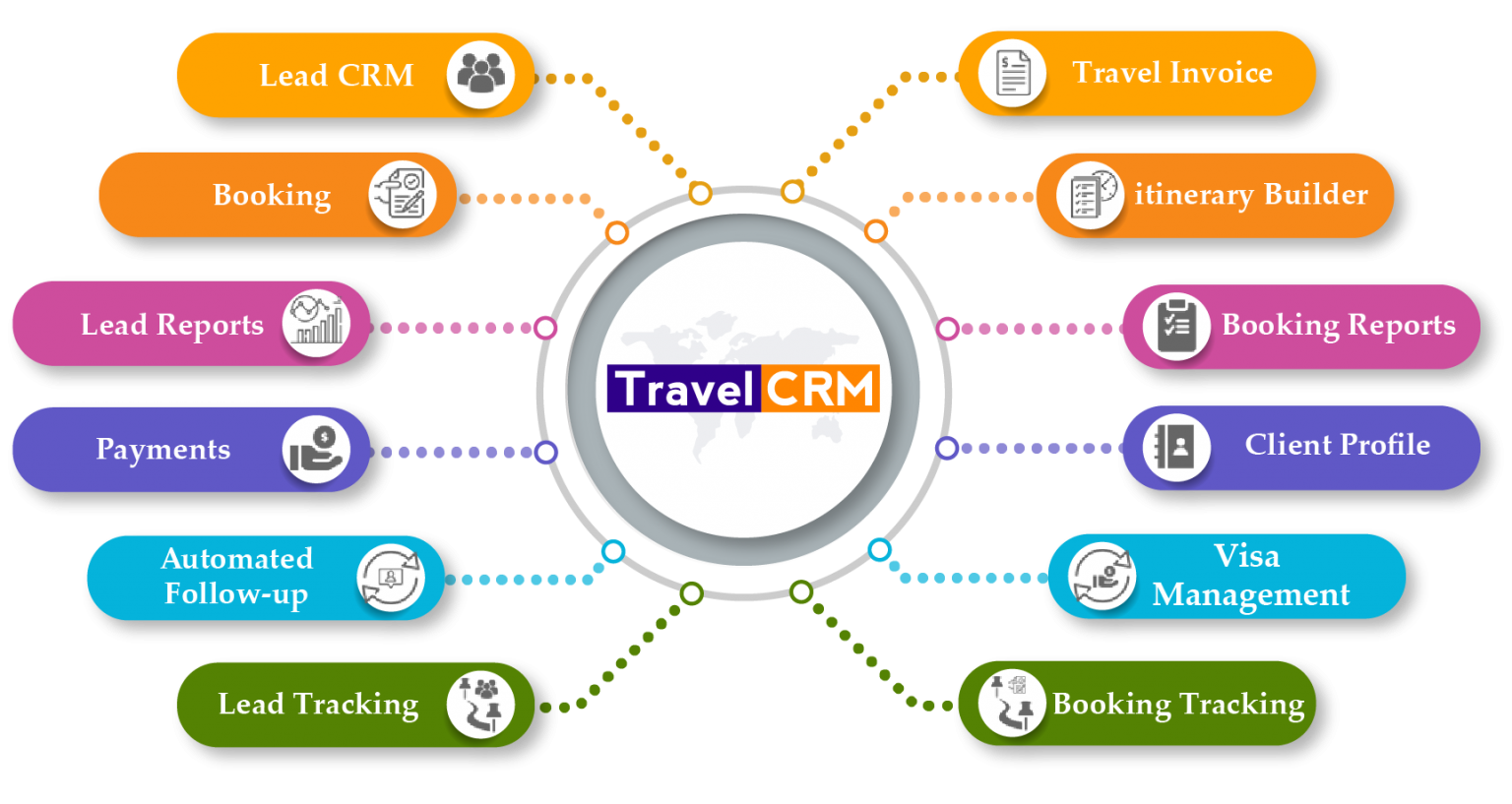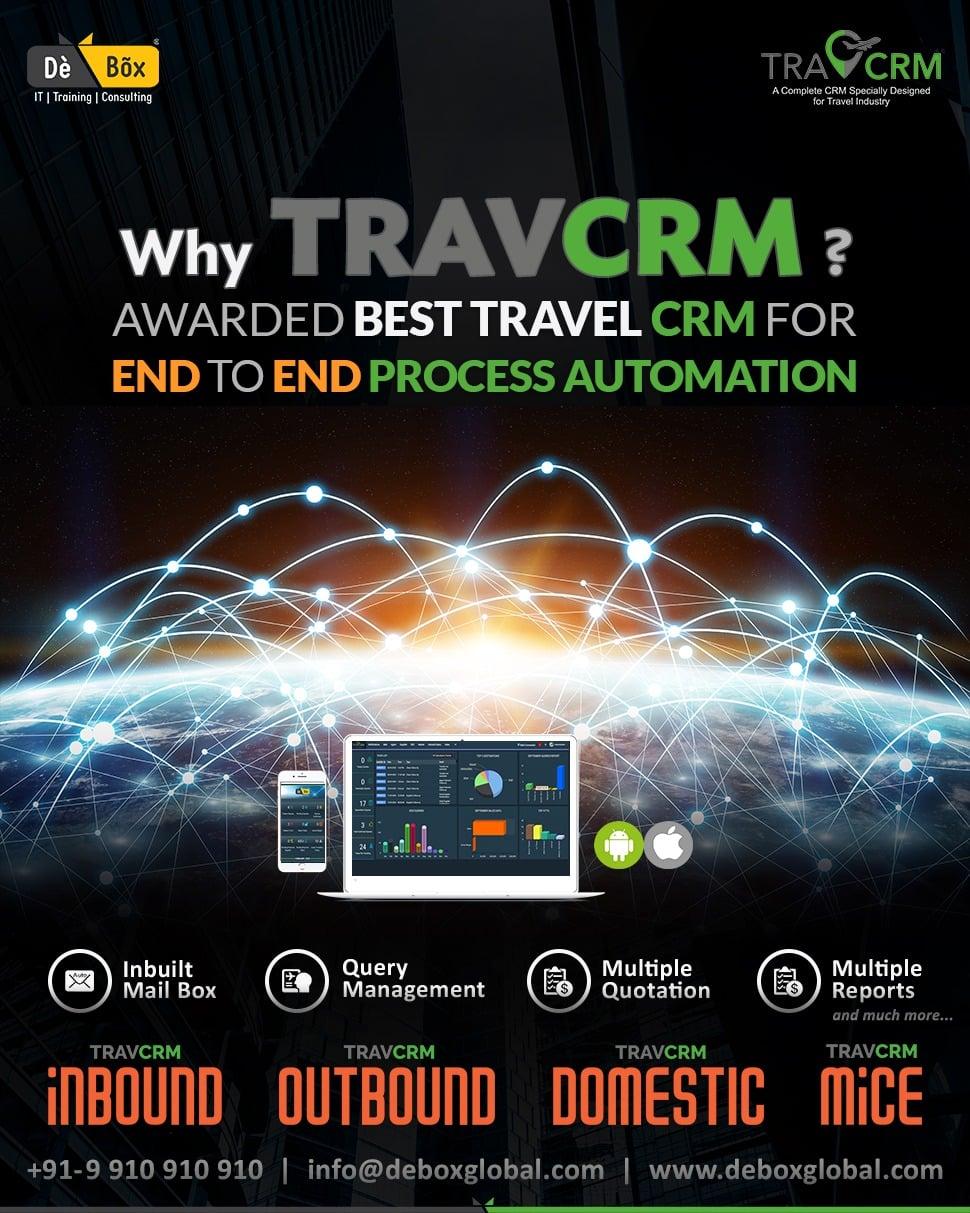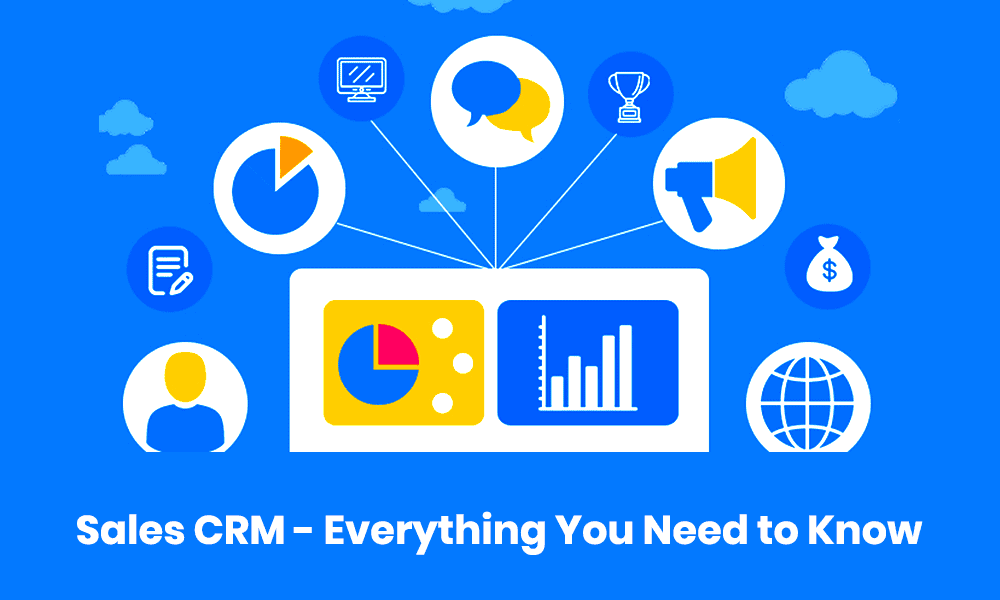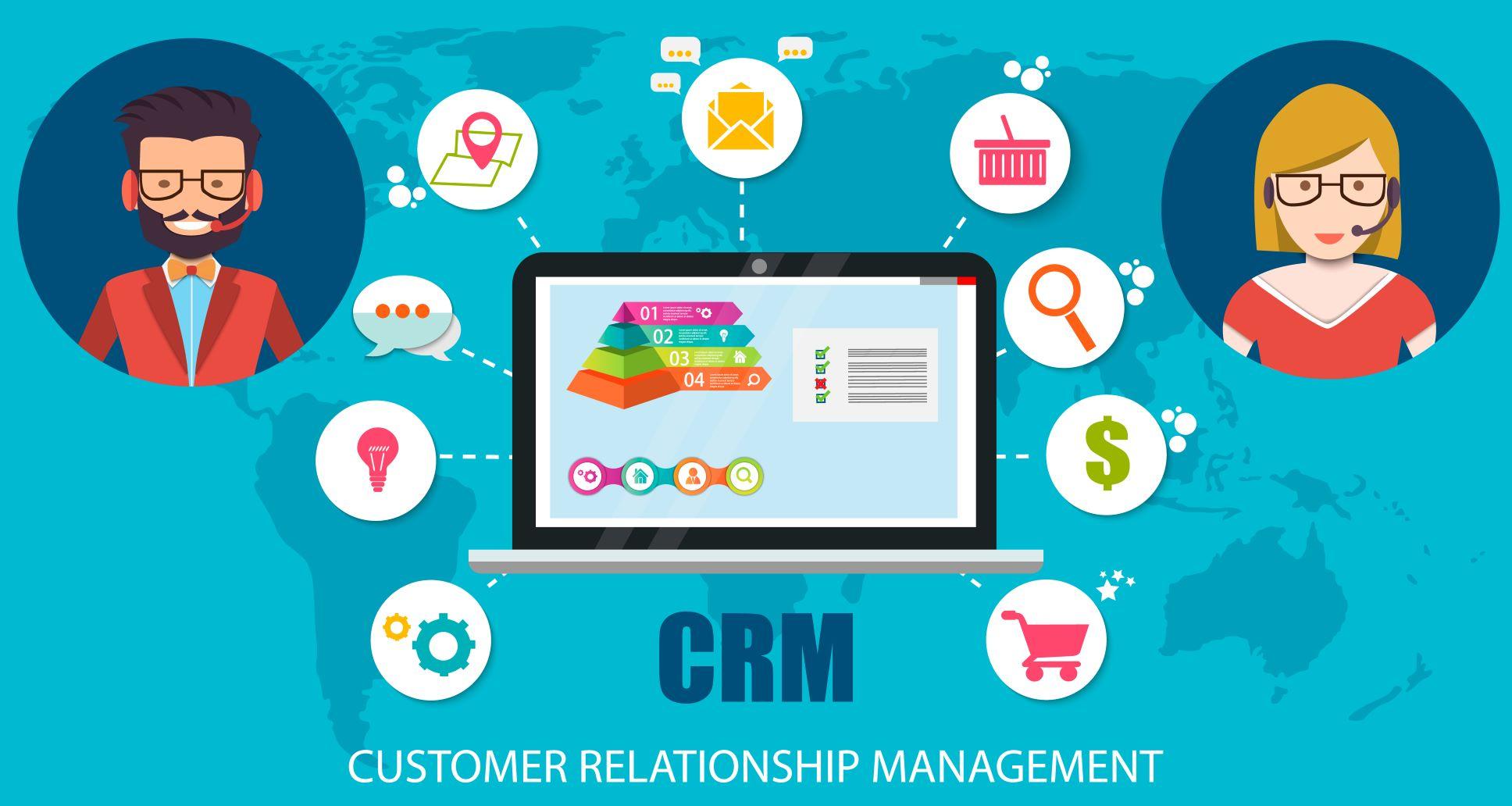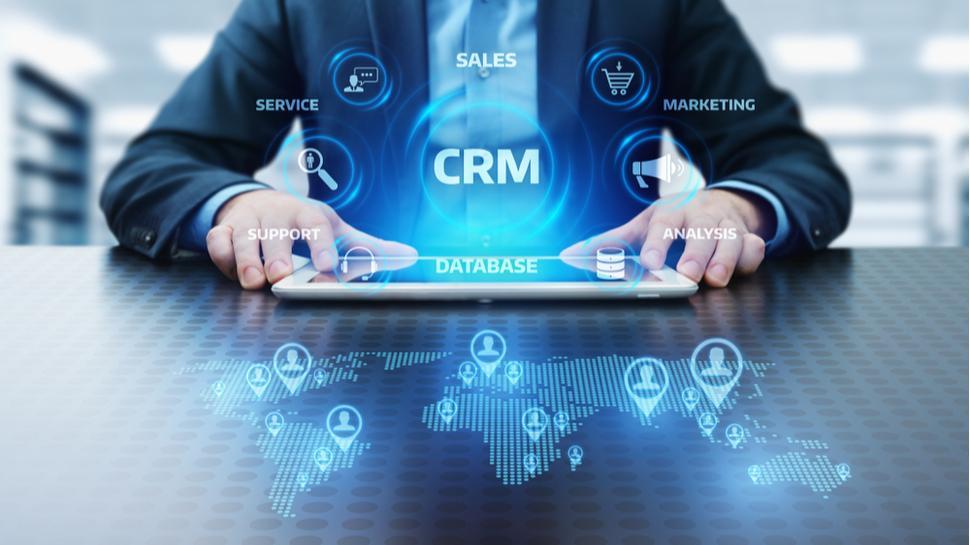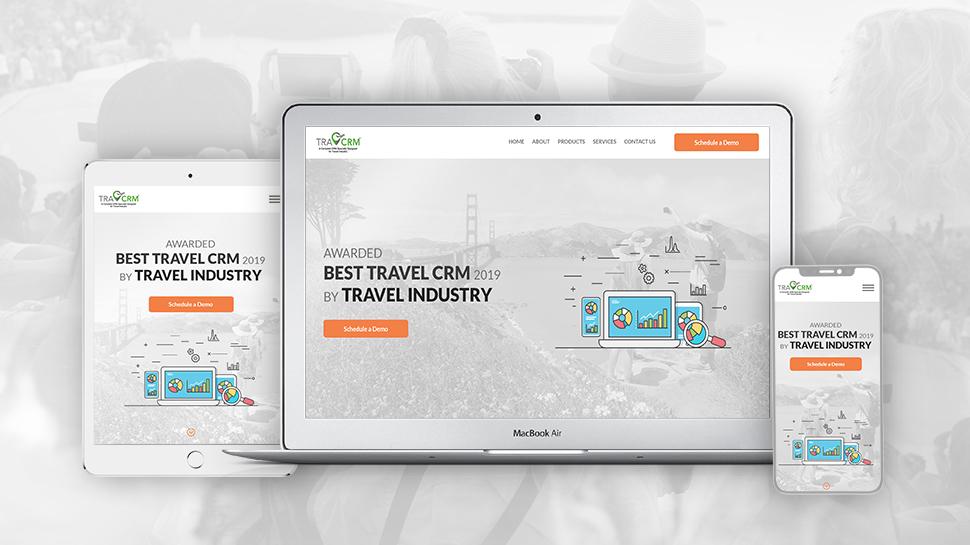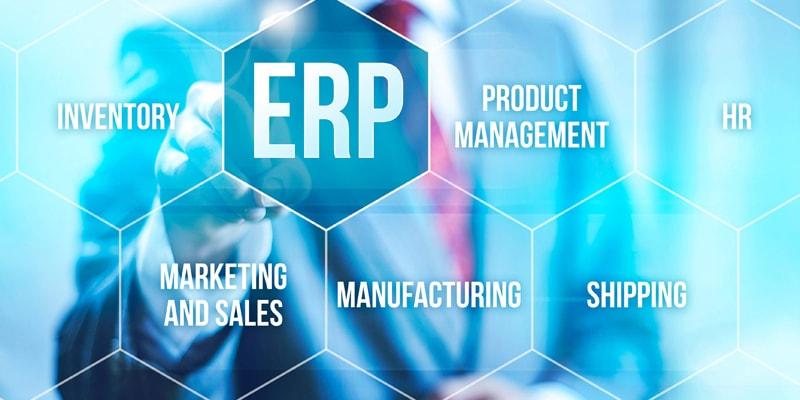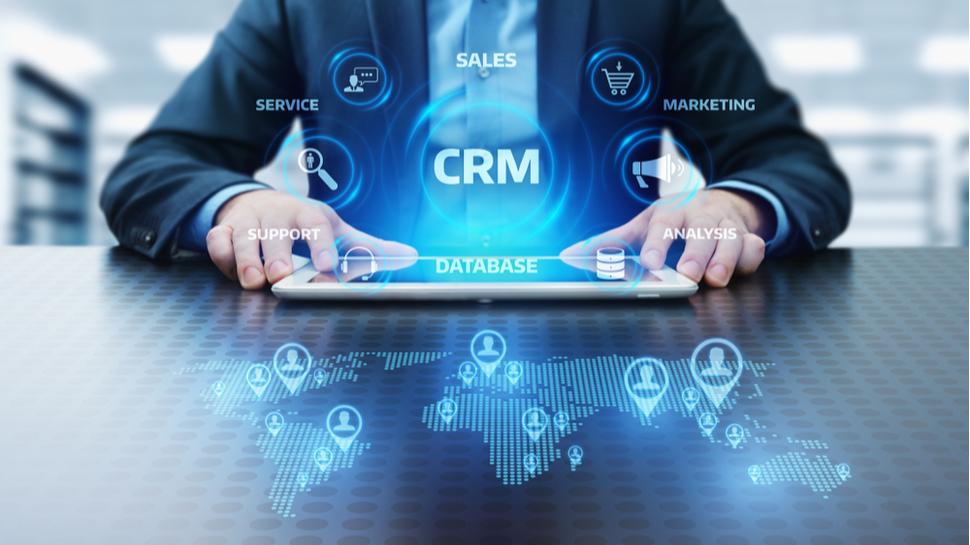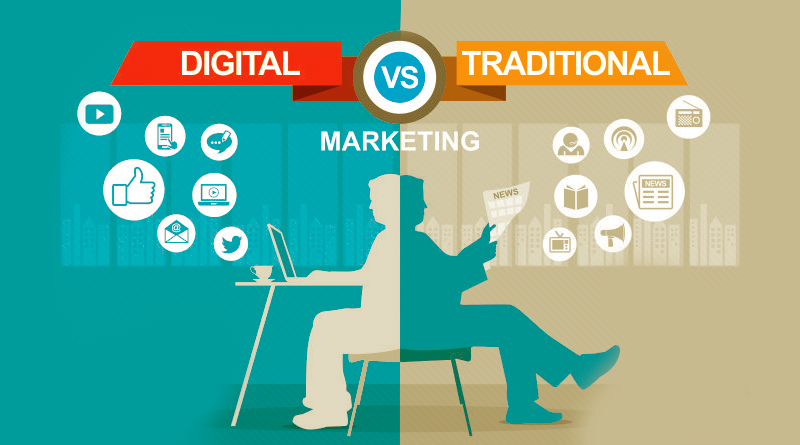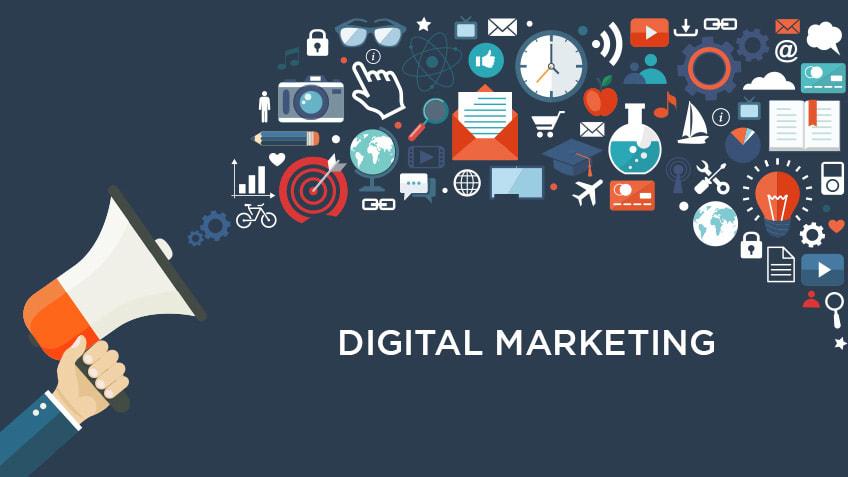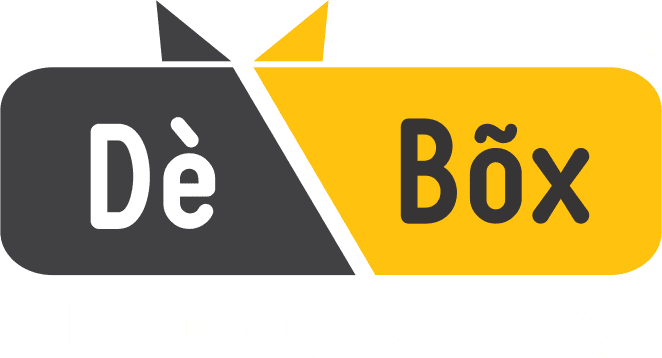
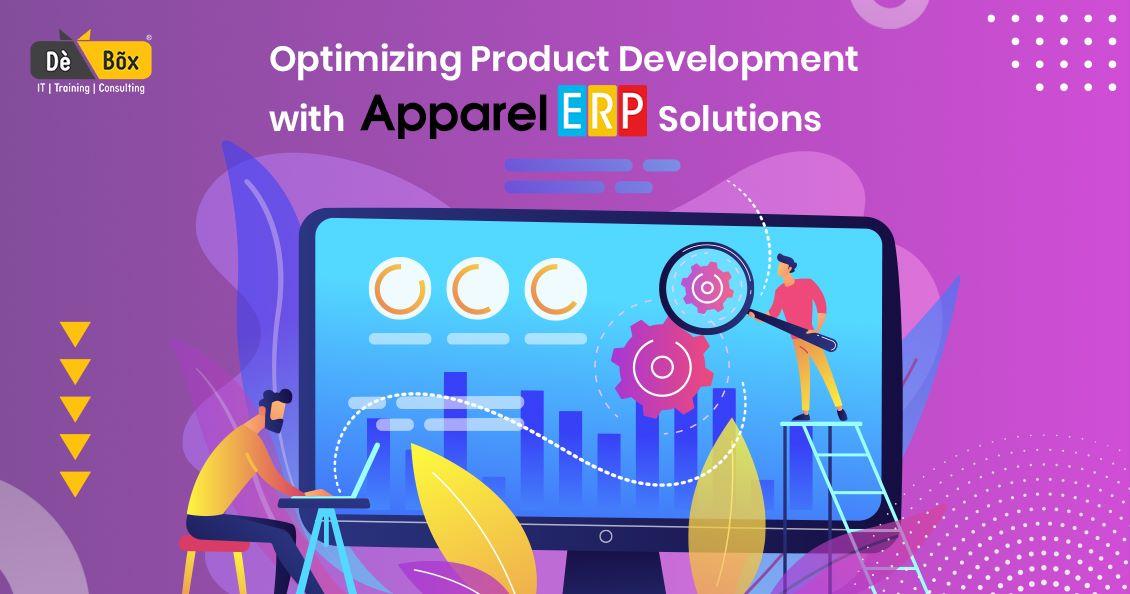
Apparel ERP software is business process management software that has been built and customized for producers, wholesalers, and retailers in the garment, fashion, and consumer lifestyle brand industries. ERP (Enterprise Resource Planning) is a strong enterprise solution that enables firms to manage and automate business or back office processes via connected apps or modules. In this article, we will explore how implementing Garment Manufacturing ERP Software can transform your product development efforts, resulting in increased efficiency, reduced time-to-market, and enhanced collaboration.
1. Centralized Data Management in Best Apparel ERP:
Apparel ERP solutions provide a centralized platform to manage all aspects of product development. From design concepts and material sourcing to sample creation and production planning, you can consolidate all relevant data in one place. This eliminates the need for multiple disconnected systems or spreadsheets, streamlining information flow and ensuring data accuracy.
2. Improved Collaboration with Garment Manufacturing ERP Software:
Effective collaboration is crucial in product development, especially when working with cross-functional teams or external partners. Apparel ERP solutions facilitate seamless collaboration by enabling real-time communication, task assignment, and progress tracking. Team members can access shared calendars, document libraries, and workflows, fostering collaboration and ensuring everyone is on the same page.
3. Efficient Sample Management With Best ERP for Apparel Industry:
Managing samples is a critical aspect of product development, and Best ERP for Apparel Industry simplifies this process. It allows you to track sample requests, monitor sample status, and capture feedback digitally. With centralized sample management, you can ensure timely delivery, streamline revisions, and improve communication between designers, suppliers, and buyers.
4. Integrated Material Sourcing:
Best Apparel ERP Software integrate material sourcing functionalities, enabling you to manage suppliers, track inventory, and monitor pricing and availability. This integration streamlines the process of sourcing fabrics, trims, and accessories, ensuring you have access to the right materials at the right time. By automating the sourcing process, you can reduce lead times, negotiate better pricing, and enhance cost control.
5. Enhanced Product Lifecycle Management:
Apparel ERP solutions offer robust product lifecycle management capabilities, allowing you to manage every stage of product development, from ideation to retirement. You can define product hierarchies, set milestones, and track progress at each stage. This holistic view of the product lifecycle enables you to make informed decisions, identify bottlenecks, and prioritize tasks, resulting in more efficient and effective product development.
6. Accurate Costing and Budgeting:
Costing is a critical aspect of product development, and apparel ERP solutions provide accurate costing and budgeting tools. You can define cost elements, allocate costs to different stages, and track expenses in real-time. This visibility into costs helps you make informed decisions, optimize budgets, and ensure profitability throughout the product development process.
7. Real-time Analytics and Insights:
Apparel ERP solutions offer advanced analytics and reporting capabilities, providing valuable insights into your product development processes. You can generate reports on key performance indicators (KPIs), such as time-to-market, sample approval rates, and development costs. These insights allow you to identify trends, measure performance against targets, and make data-driven decisions to continuously improve your product development strategies.
8. Seamless Supply Chain Management:
Effective supply chain management is crucial in the apparel industry to ensure timely sourcing of materials, efficient production, and on-time delivery. De Box Global ERP software offers comprehensive supply chain management features, enabling businesses to track and manage suppliers, monitor inventory levels, streamline procurement processes, and enhance collaboration with suppliers and vendors.
Conclusion:
Optimizing product development is a key driver of success in the apparel industry. Embracing technology-driven solutions not only accelerates time-to-market but also empowers your business to stay competitive, deliver high-quality products, and meet customer demands efficiently. Invest in an apparel ERP solution today to unlock the full potential of your product development capabilities.
De Box Global Apparel ERP:
In apparel industry, compliance and traceability are critical factors for success. To meet consumer demands and regulatory requirements, apparel businesses must prioritize transparency and accountability in their operations. This is where De Box Global comes in, which we talked about above. De Box Globals’s industry-specific Garment Manufacturing ERP Software supports your apparel business by making it easier to manage operational processes for the products you are designing, manufacturing or selling.
De Box Global is a leading provider of comprehensive ERP software designed specifically for the apparel industry. With a deep understanding of the industry's challenges and requirements, they have developed a powerful solution that empowers apparel businesses to streamline their operations, improve productivity, and drive growth.
De Box Global offers the best apparel ERP software that empowers apparel businesses to streamline operations, optimize supply chain management, enhance productivity, and make informed decisions based on real-time insights. With their comprehensive and tailored solution, apparel businesses can stay ahead of the curve, drive growth, and achieve their full potential in a competitive industry. Choose De Box Global as your ERP partner and unlock the true potential of your apparel business.
Luxury tourism is evolving rapidly, embracing innovative trends that cater to a new generation of travelers. Today’s affluent globetrotters s..Read More
In the fast-paced world of the travel industry, providing excellent customer service and optimizing operations is crucial for success. Travel agenc..Read More

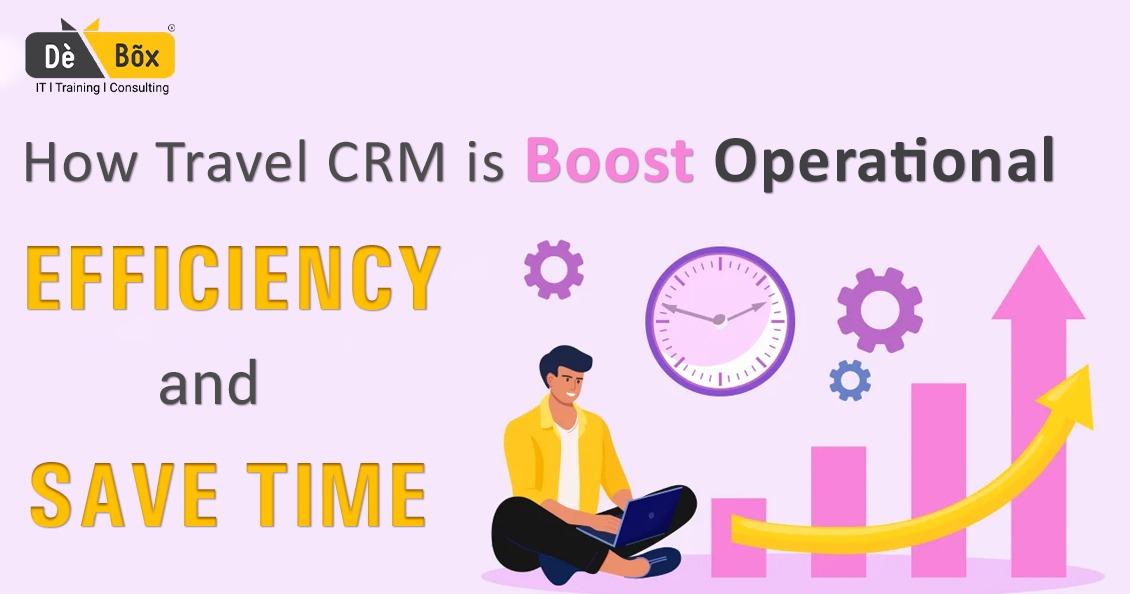
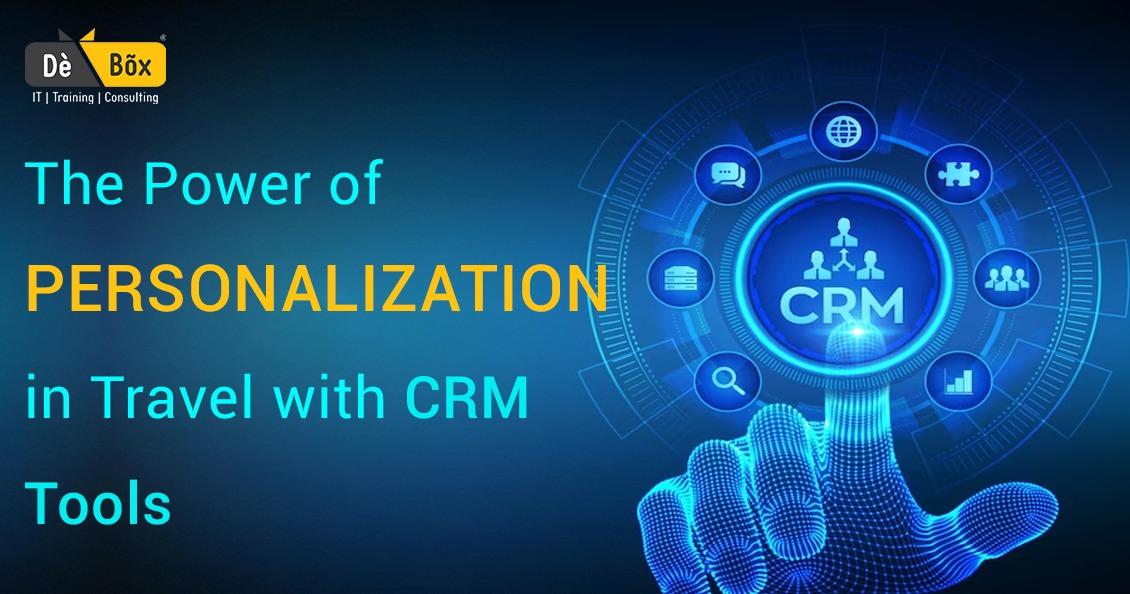

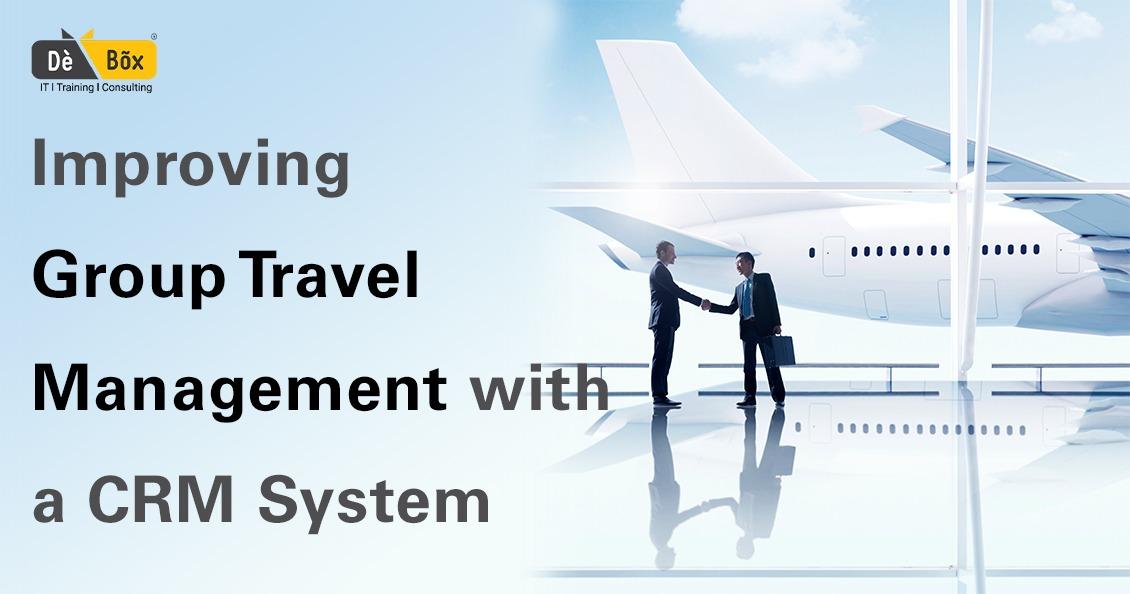
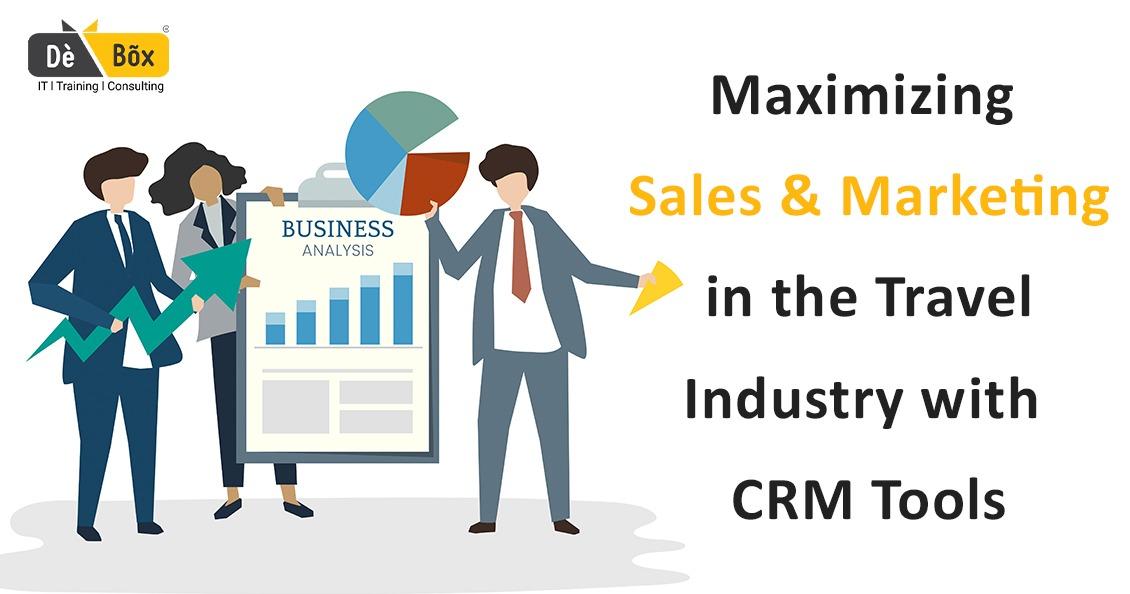
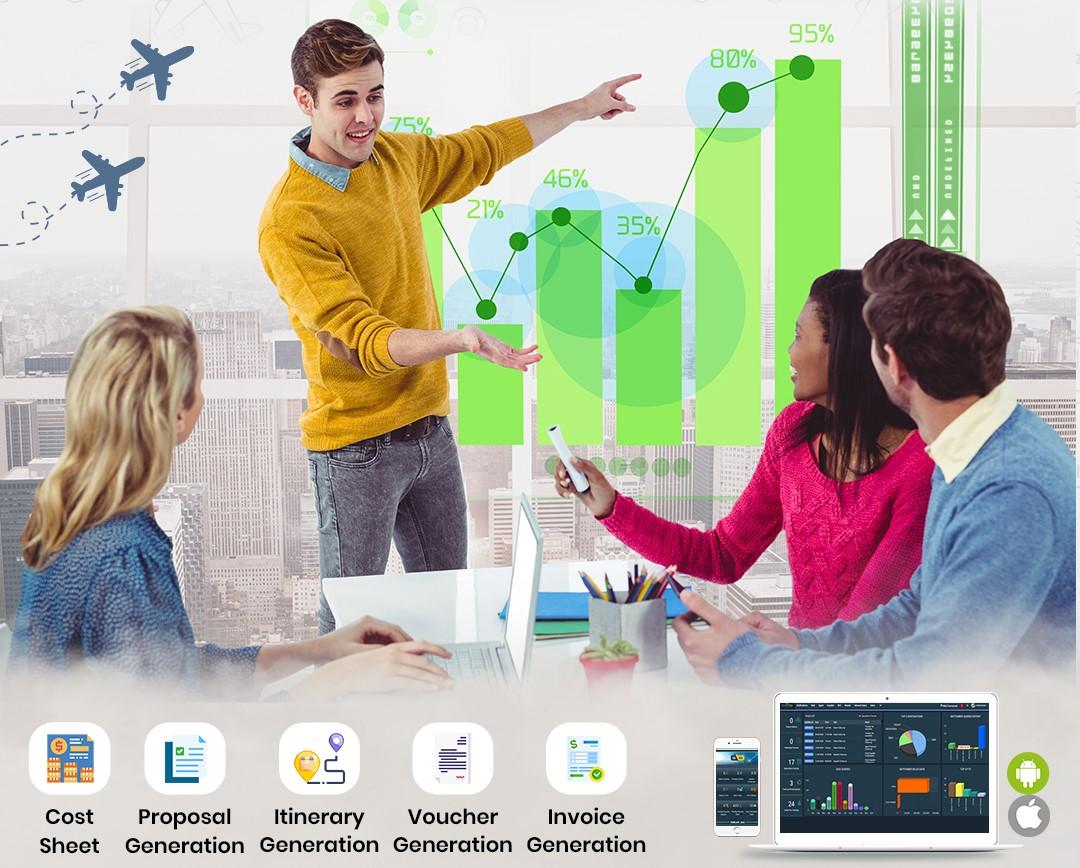


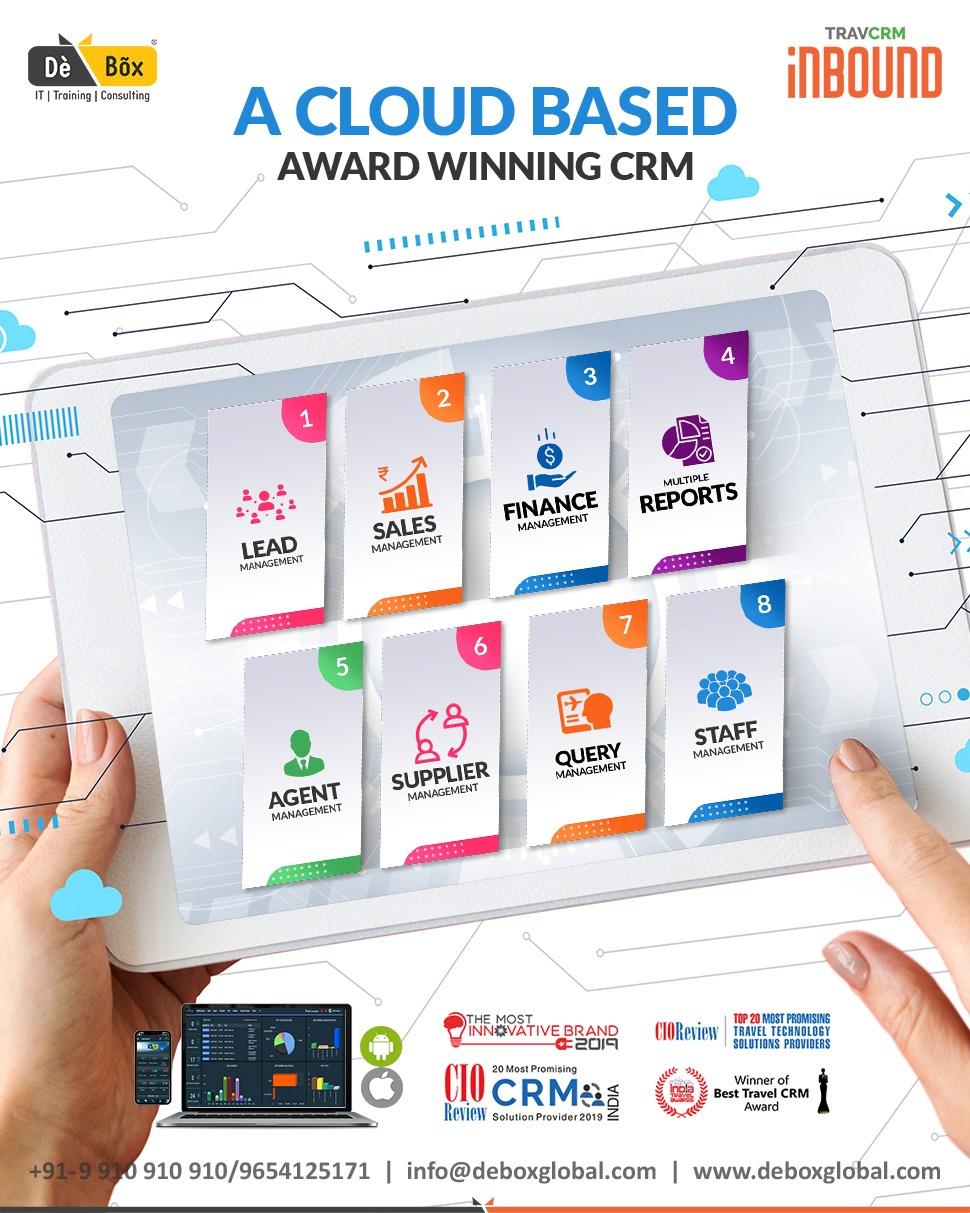
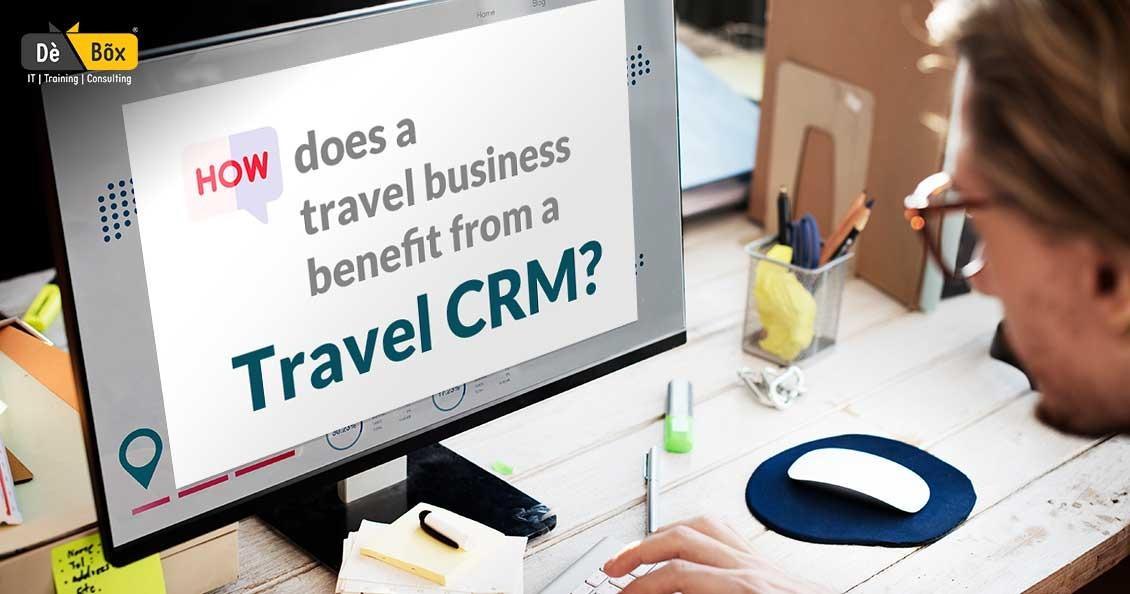
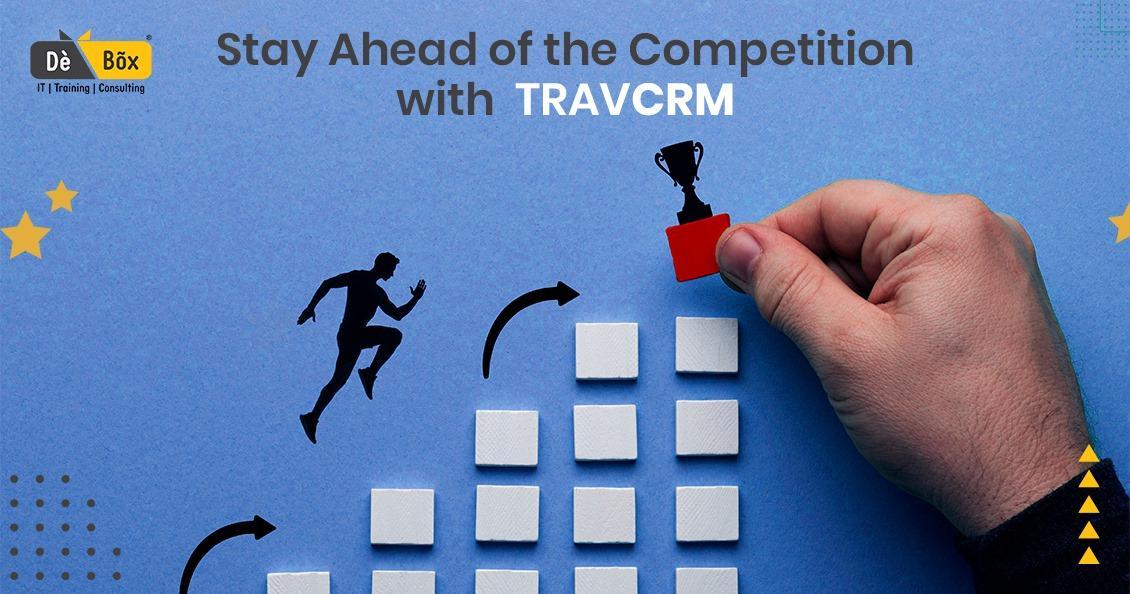



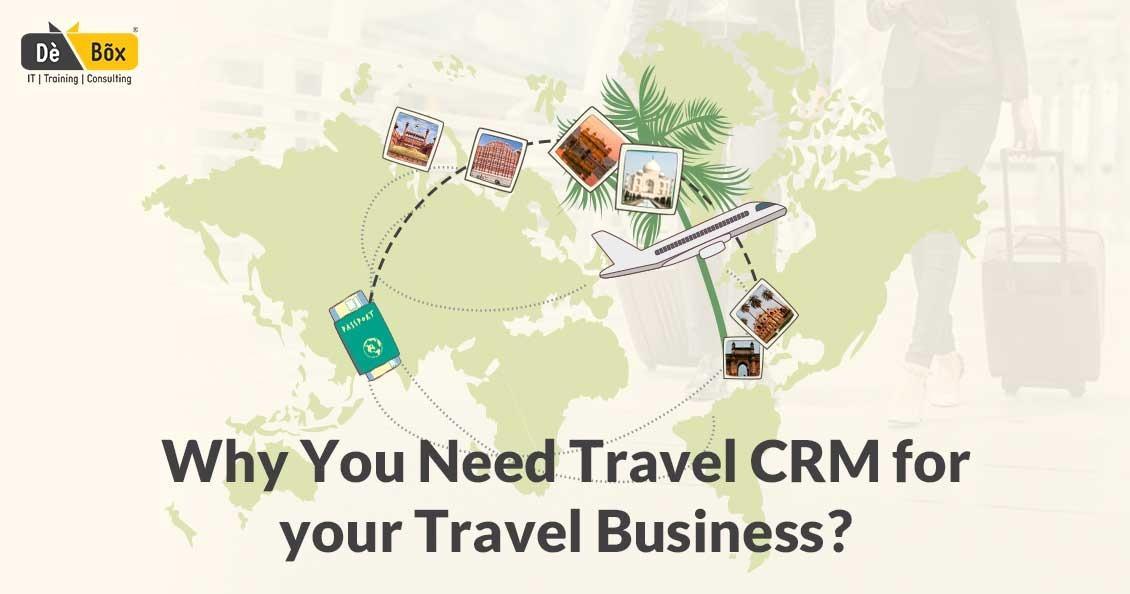


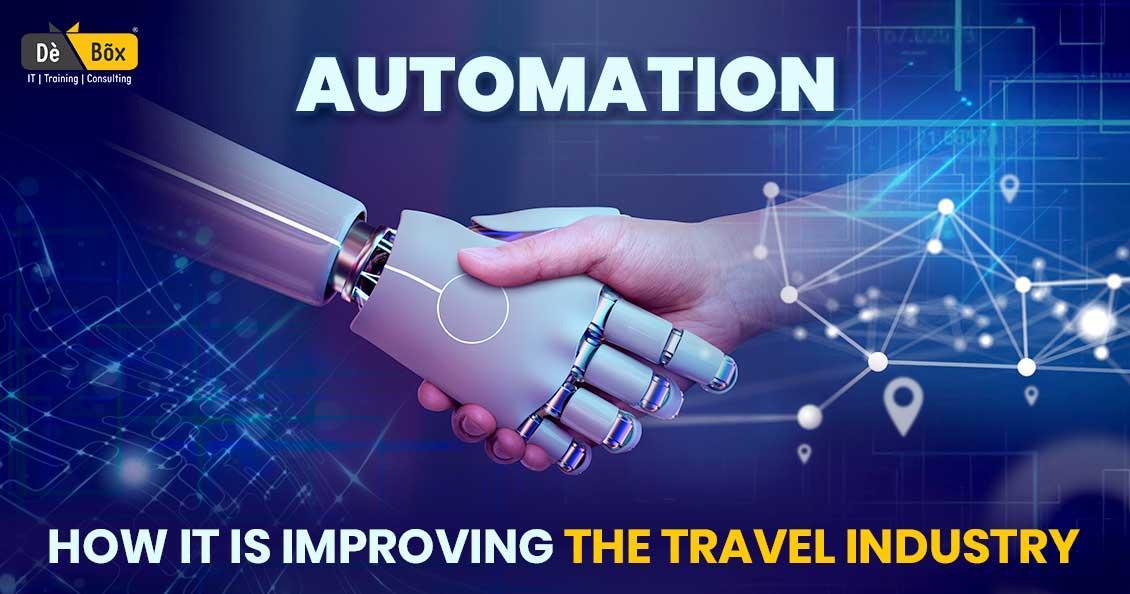
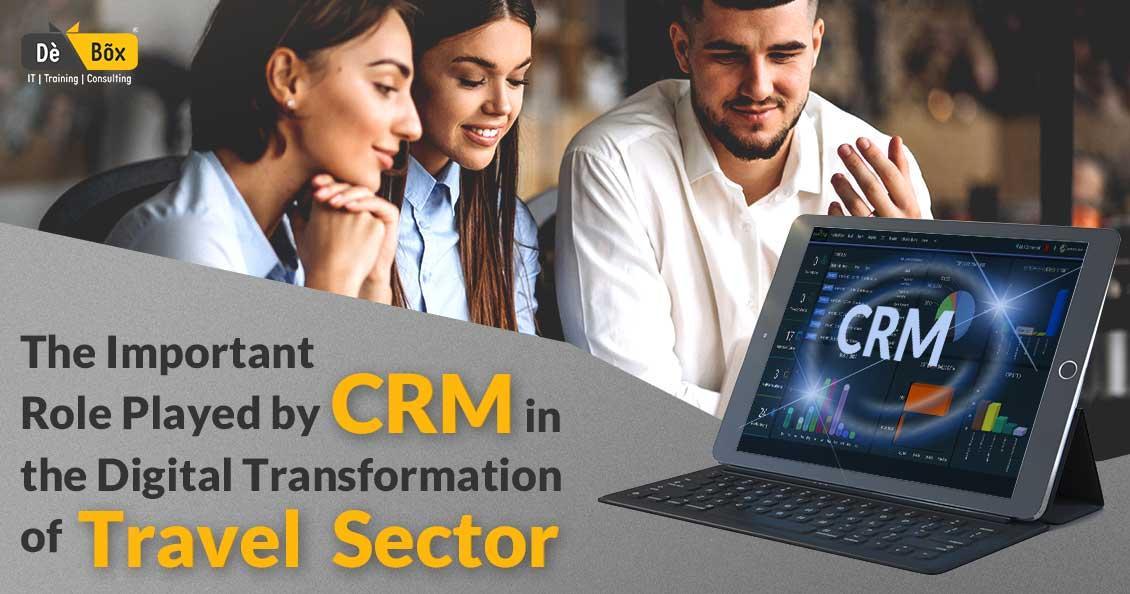


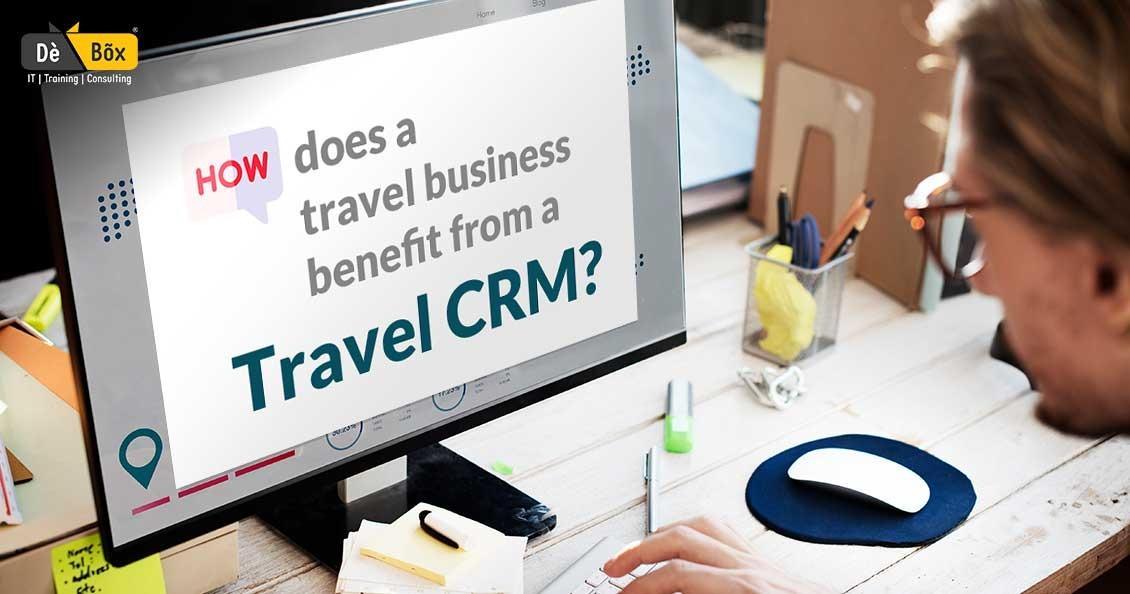
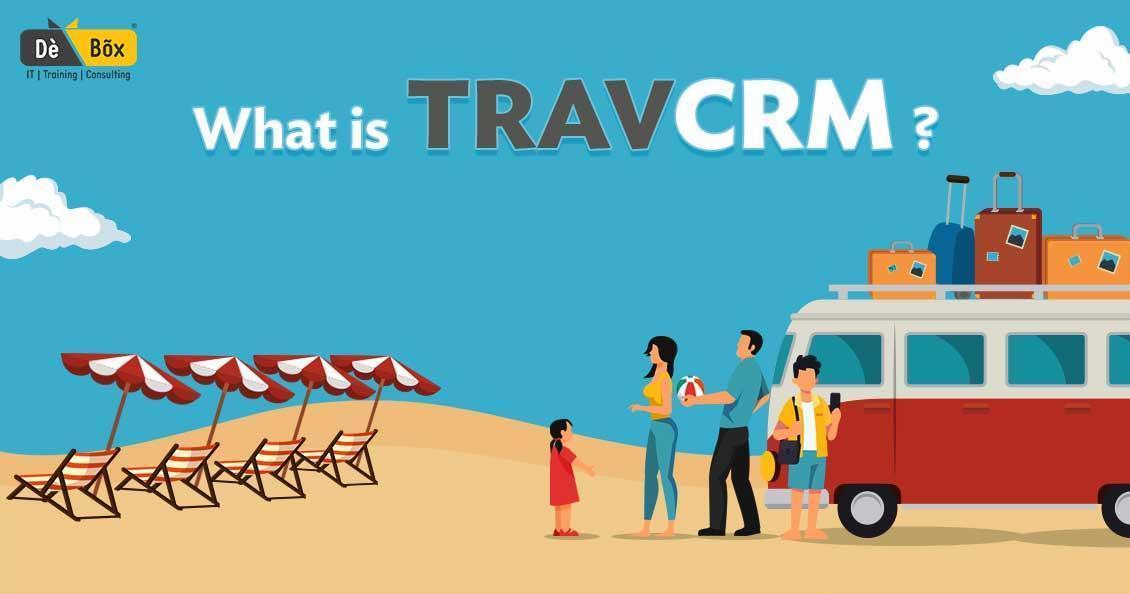

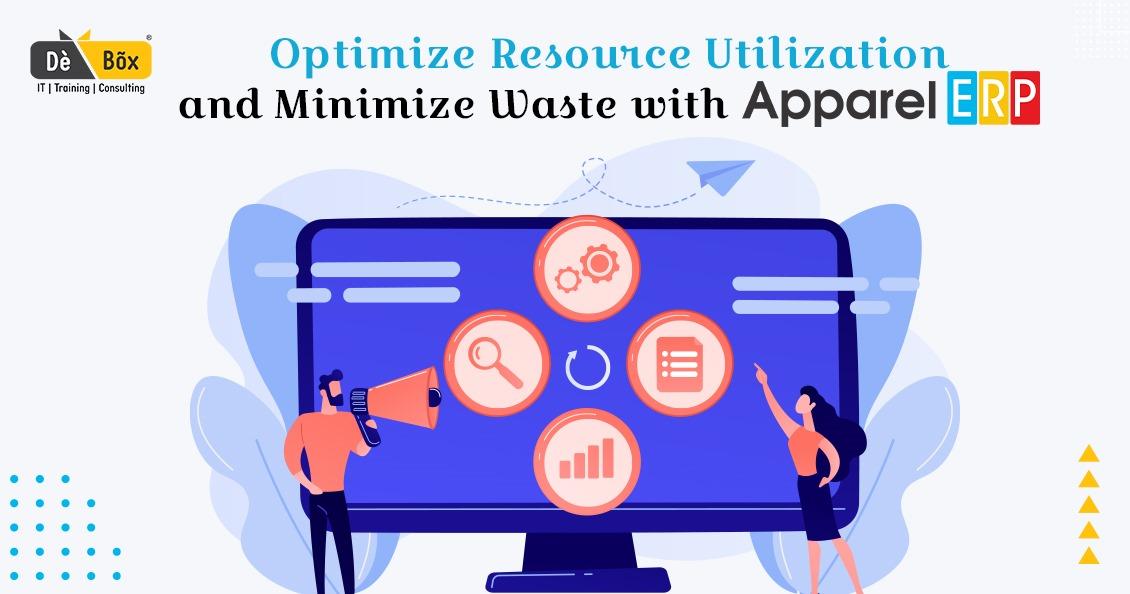
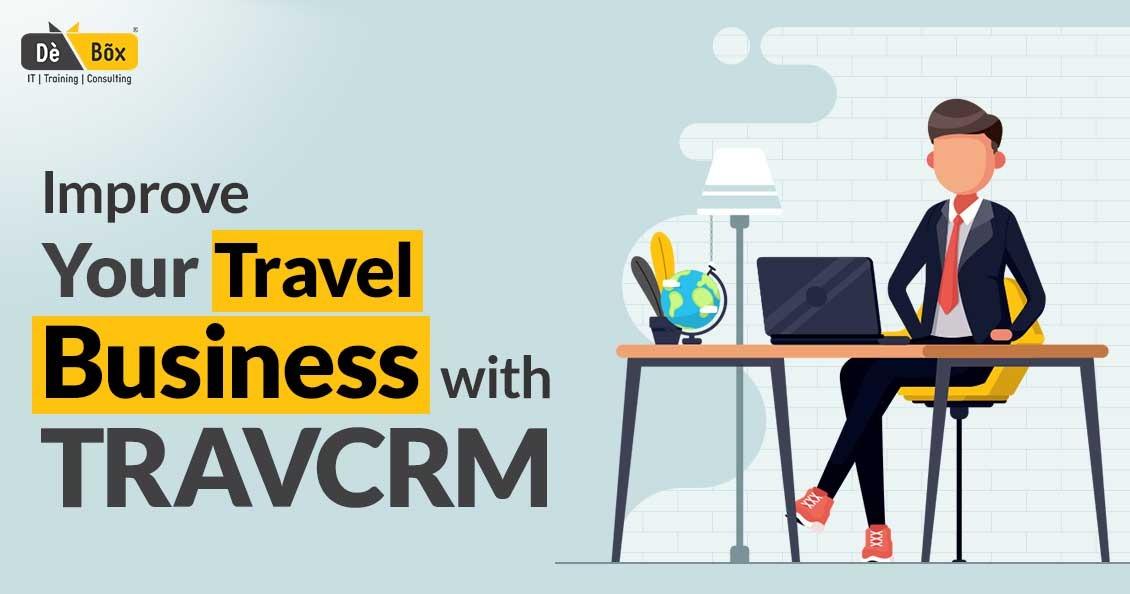

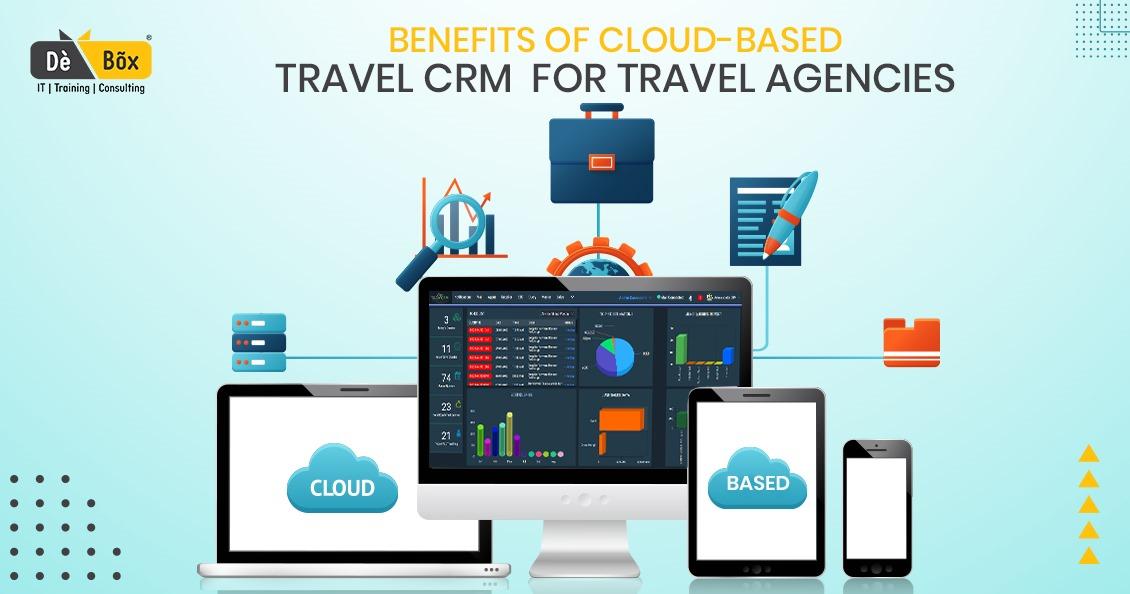



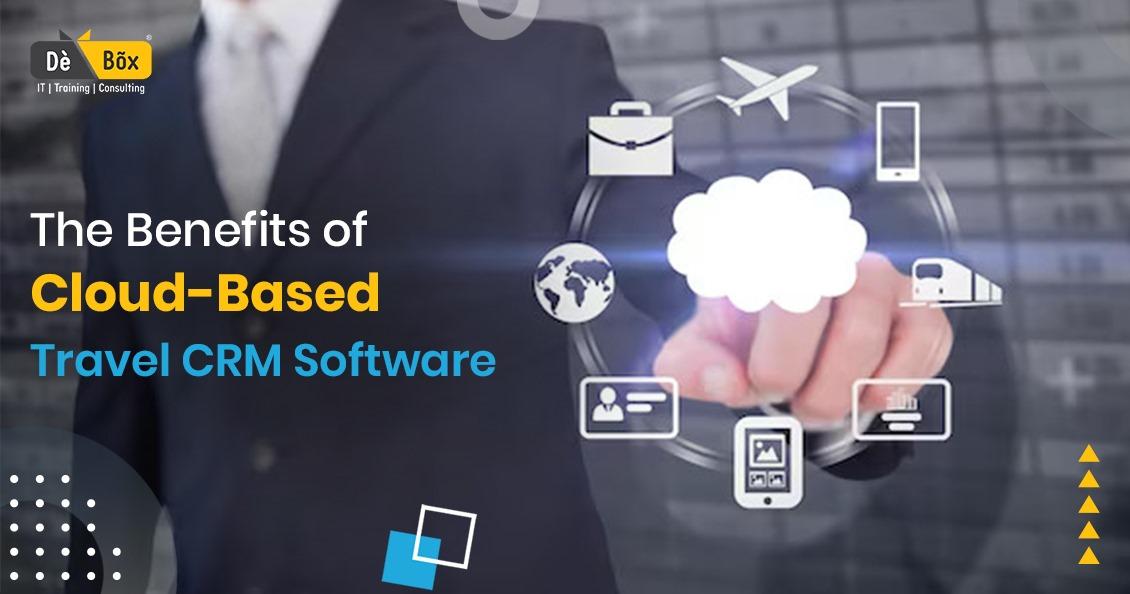
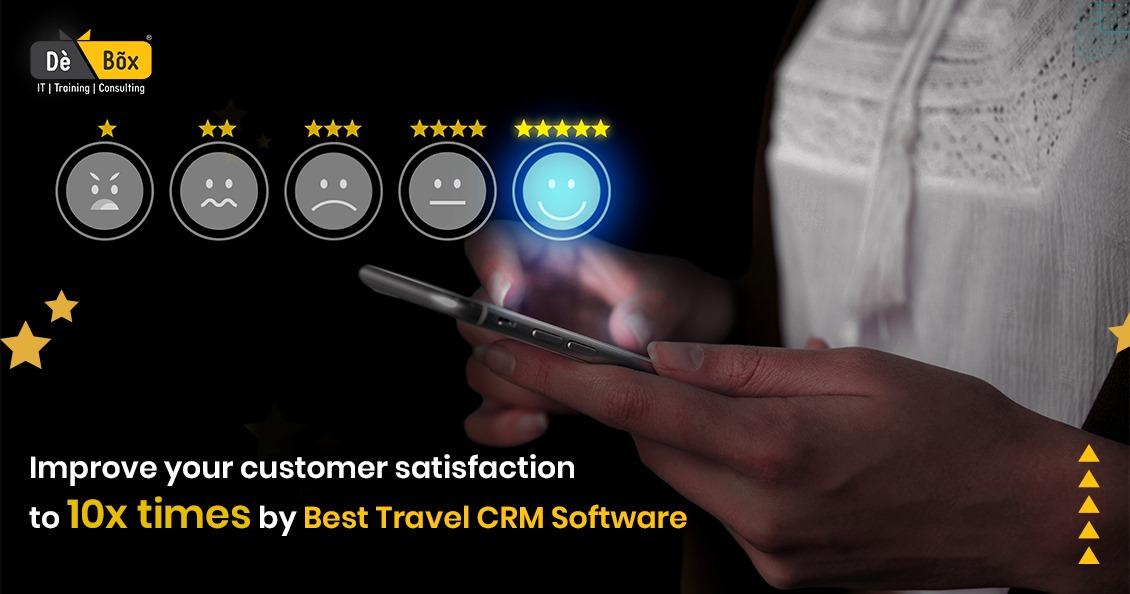
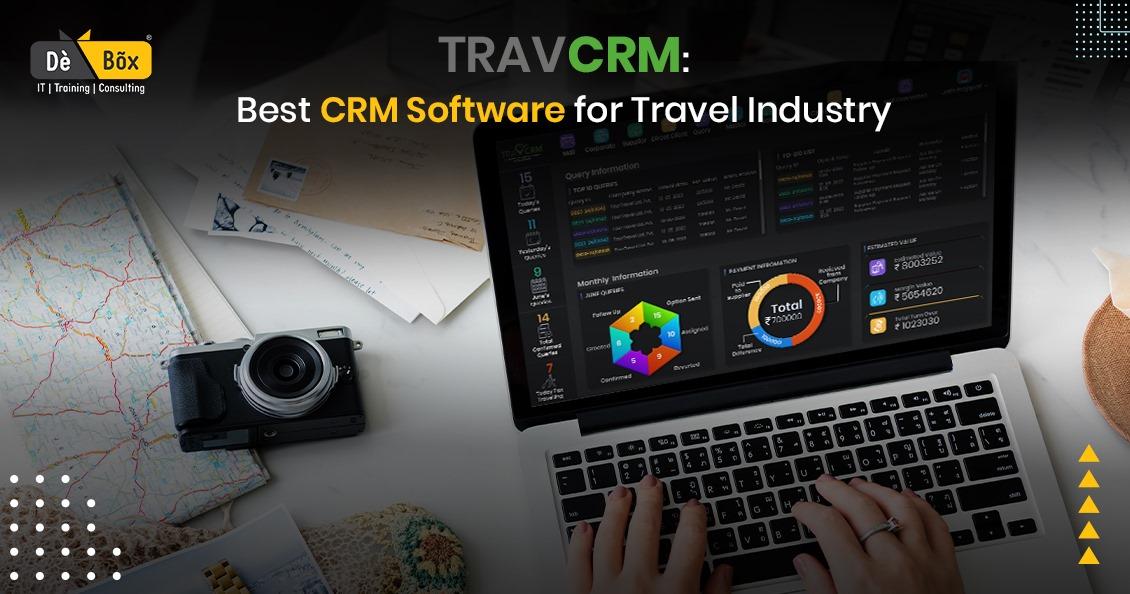
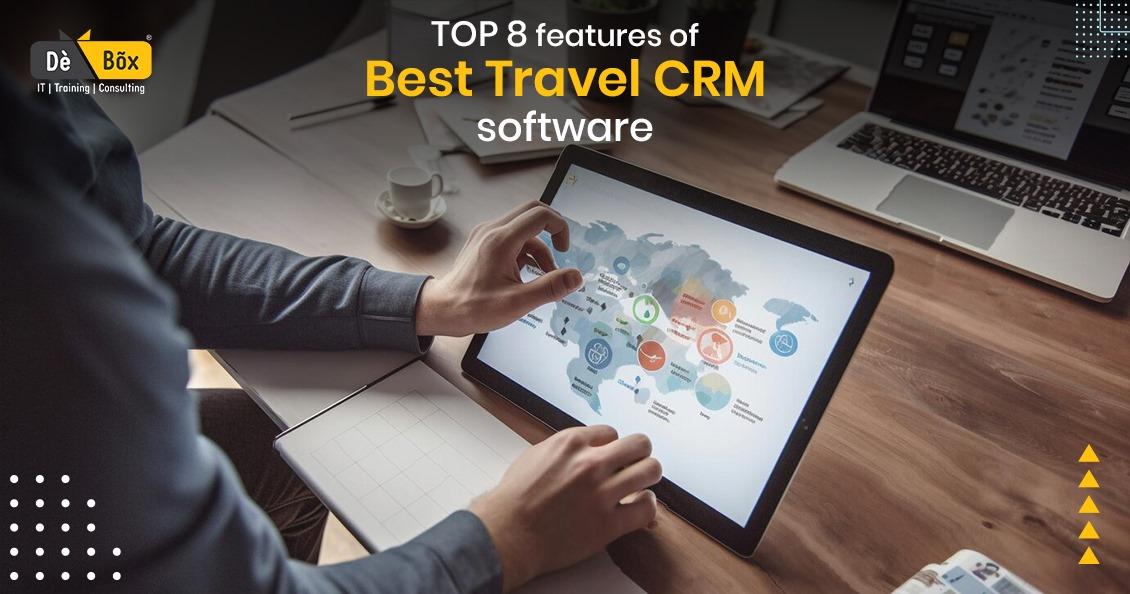
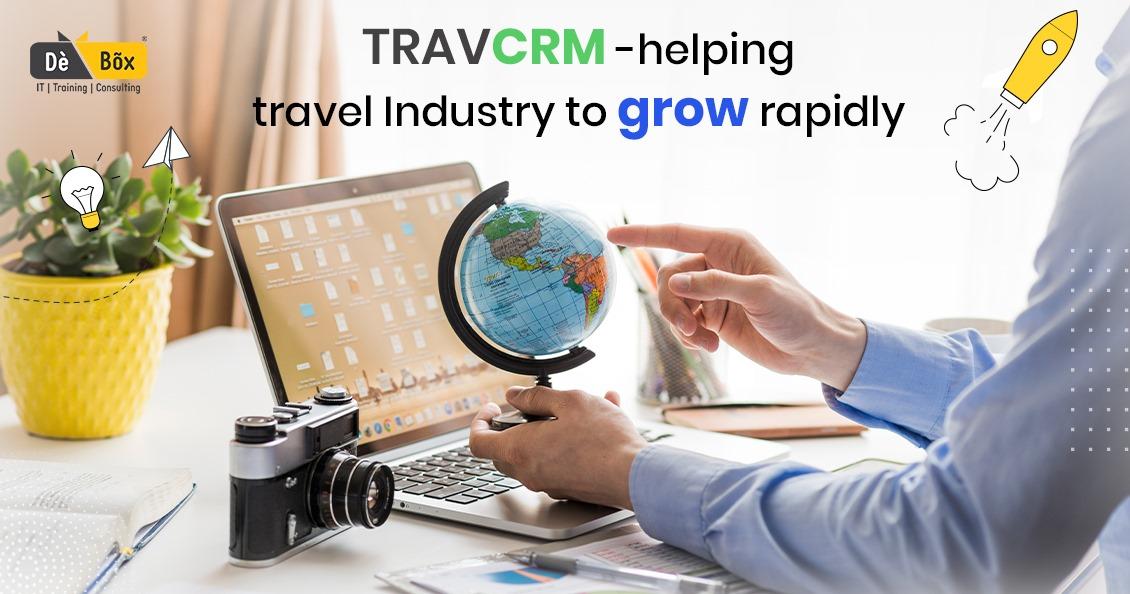
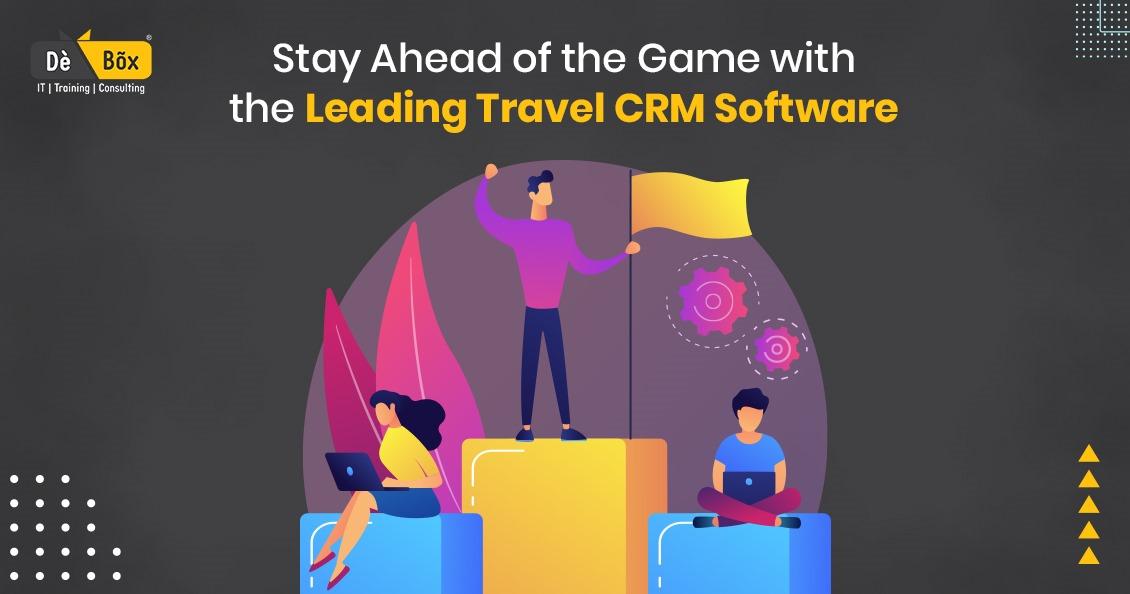
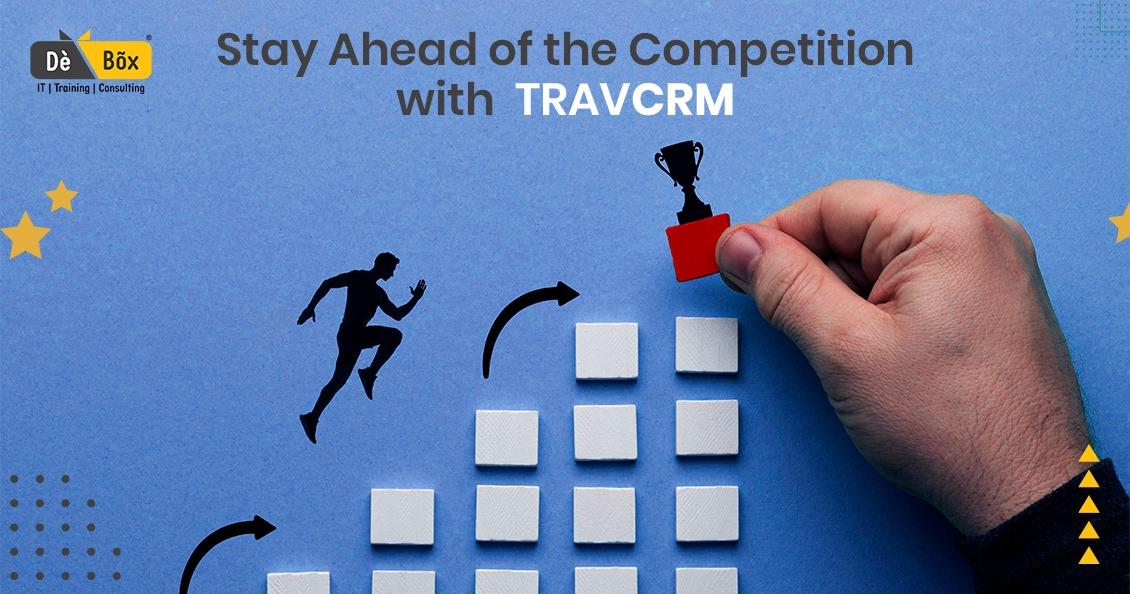
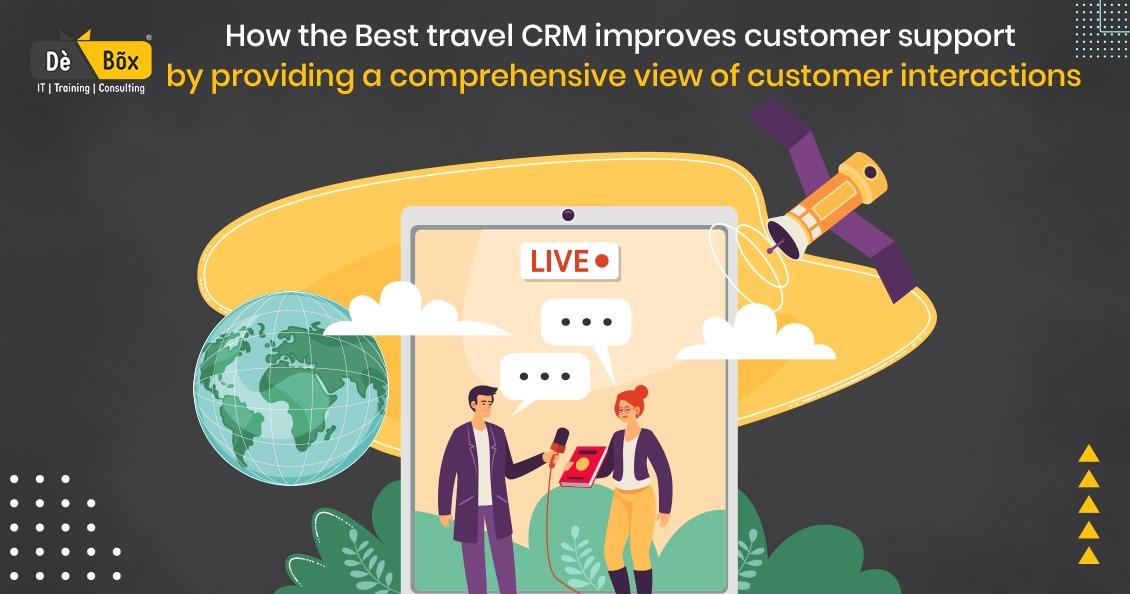
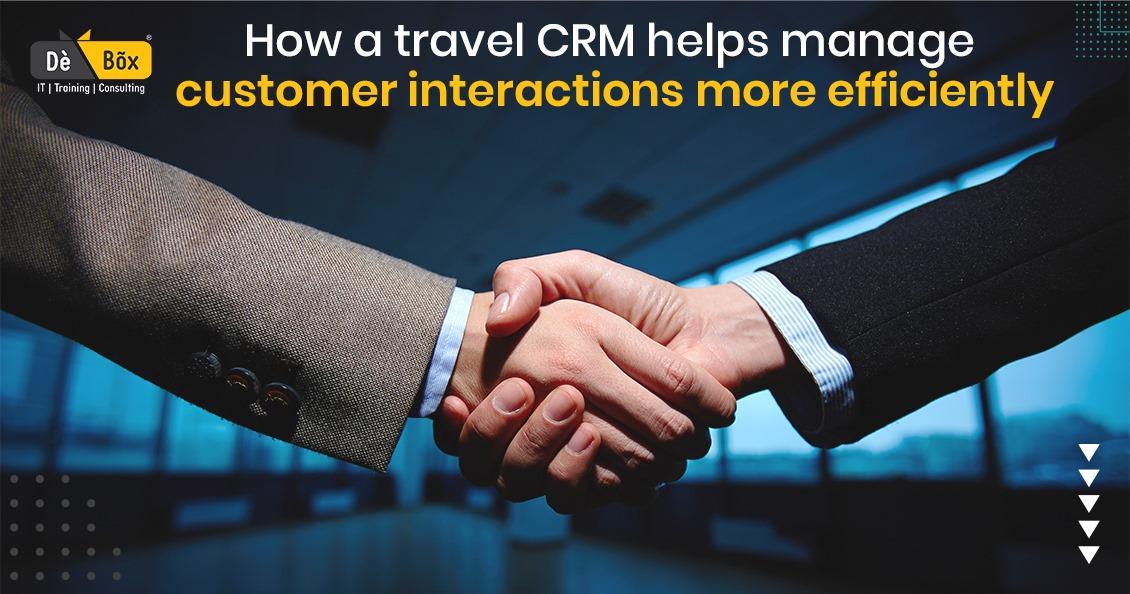

1691385195.jpeg)
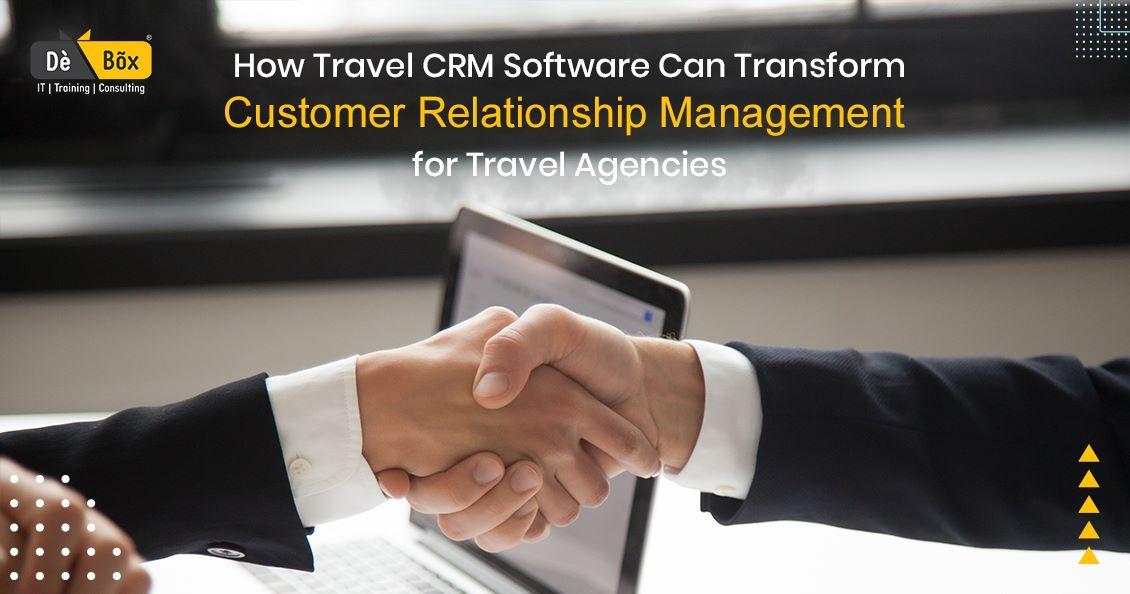



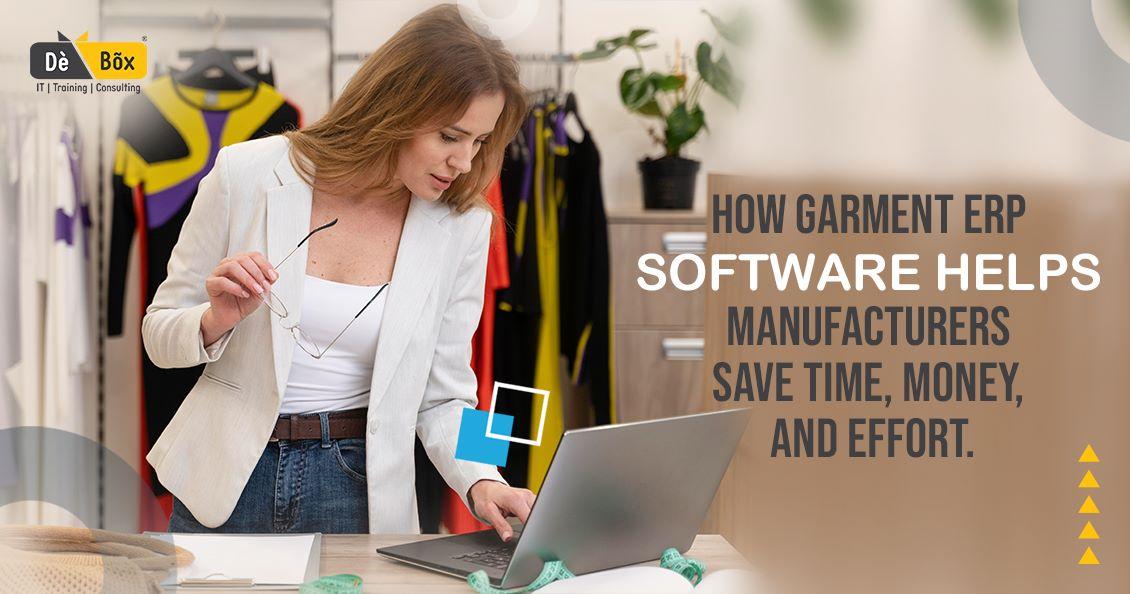
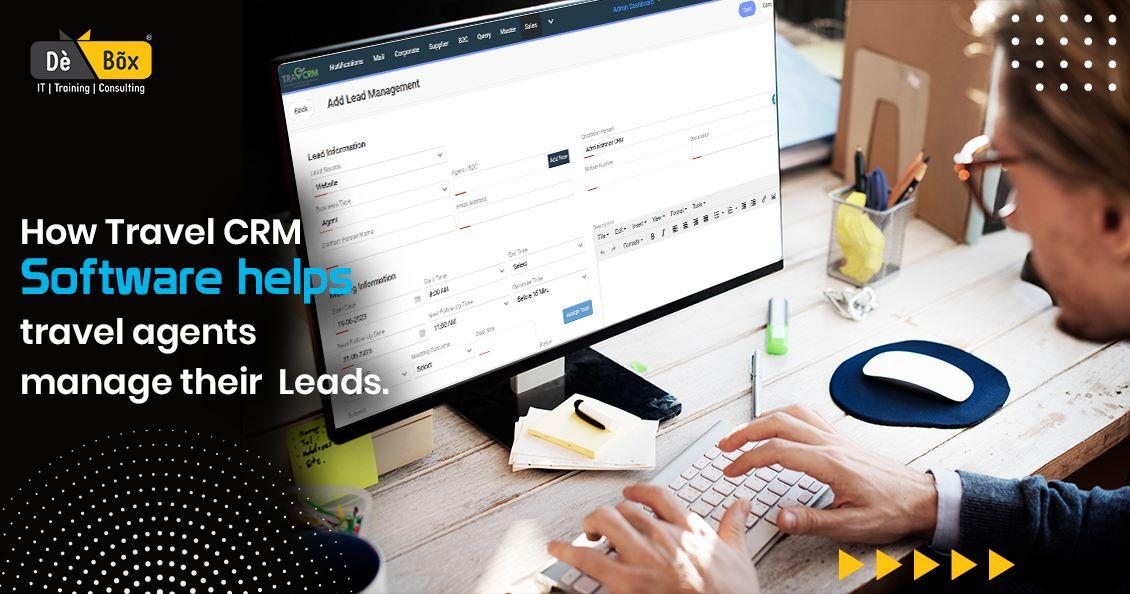
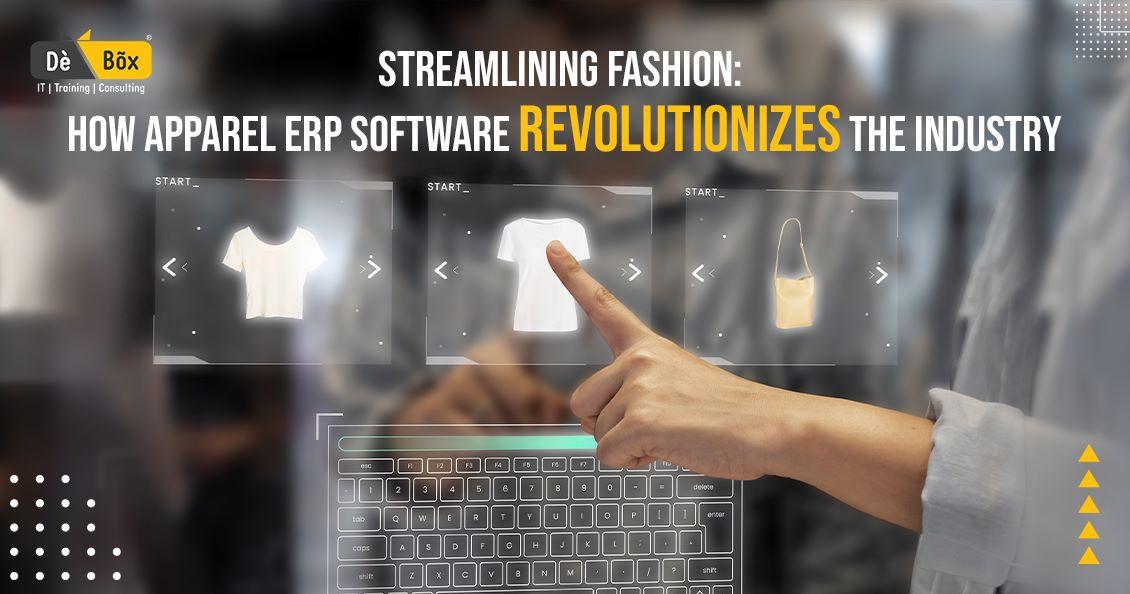
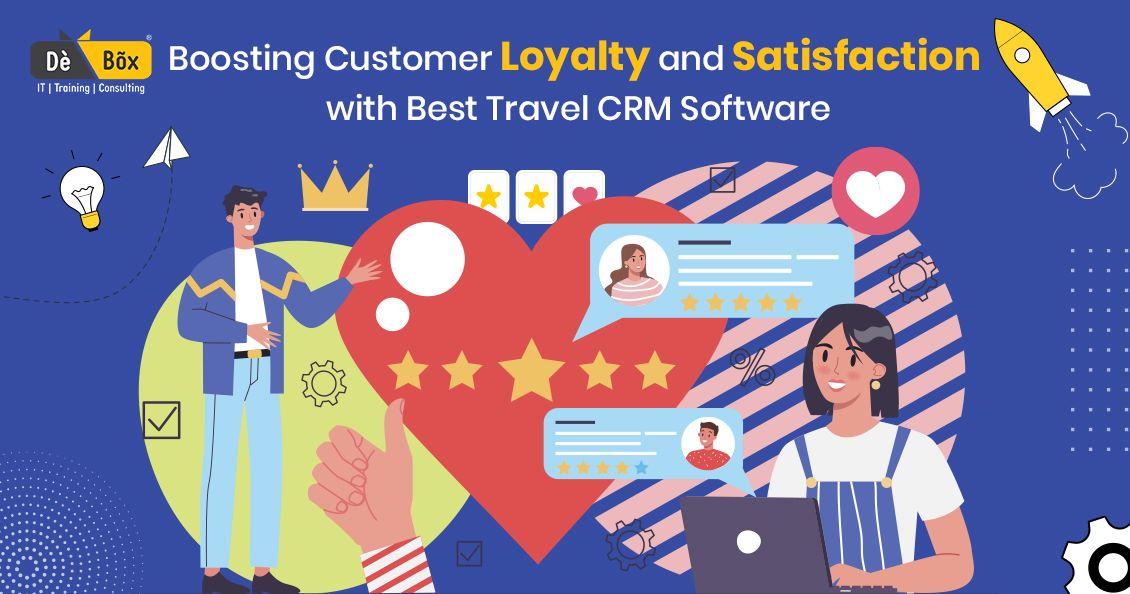
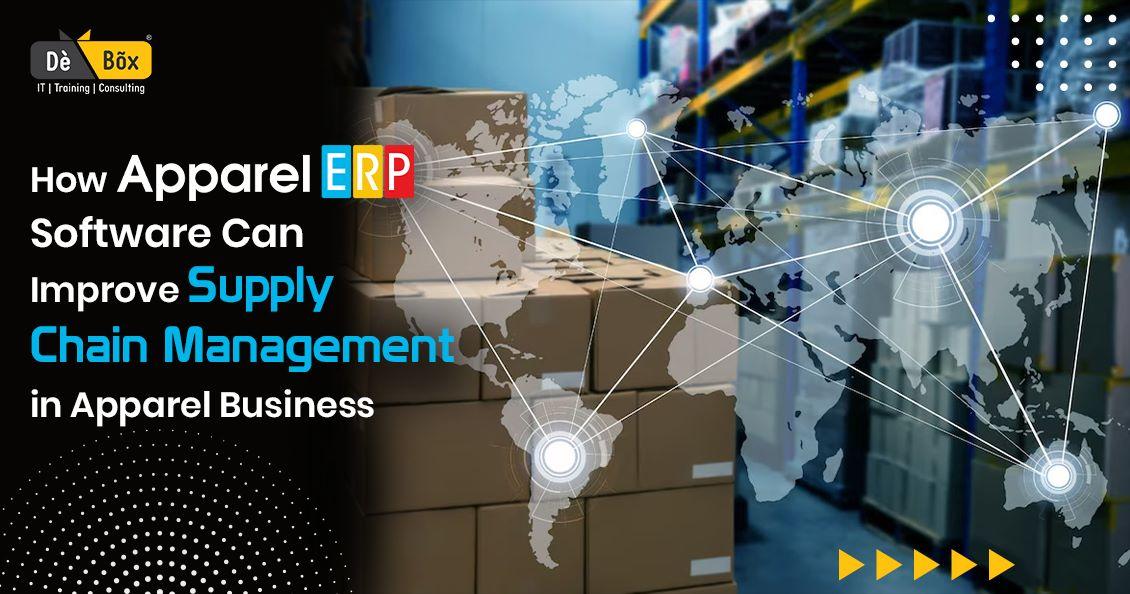
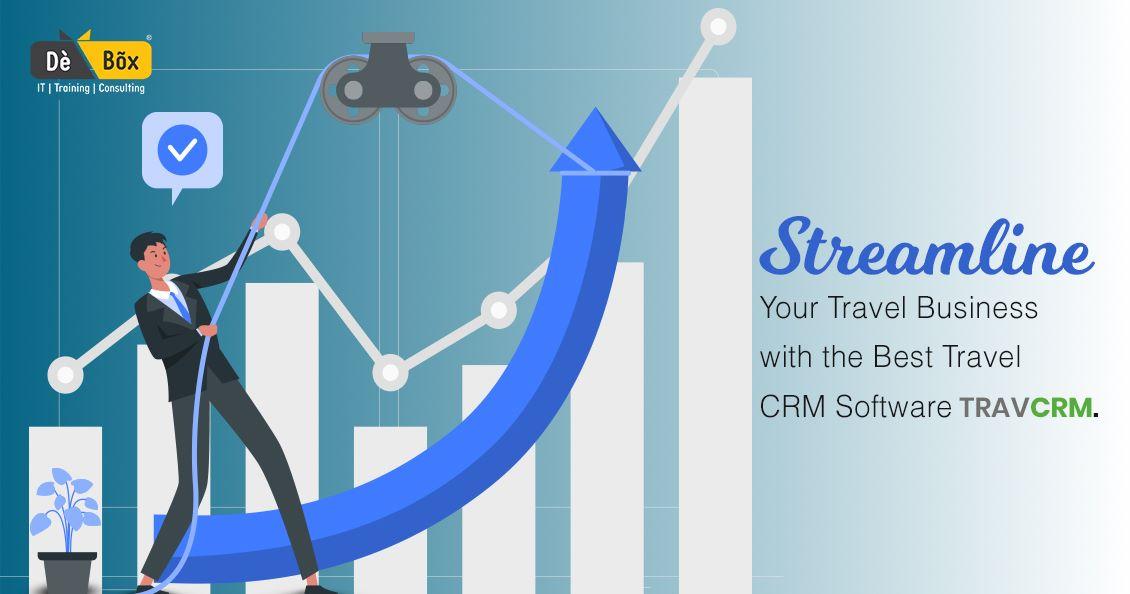


1683892664.jpg)
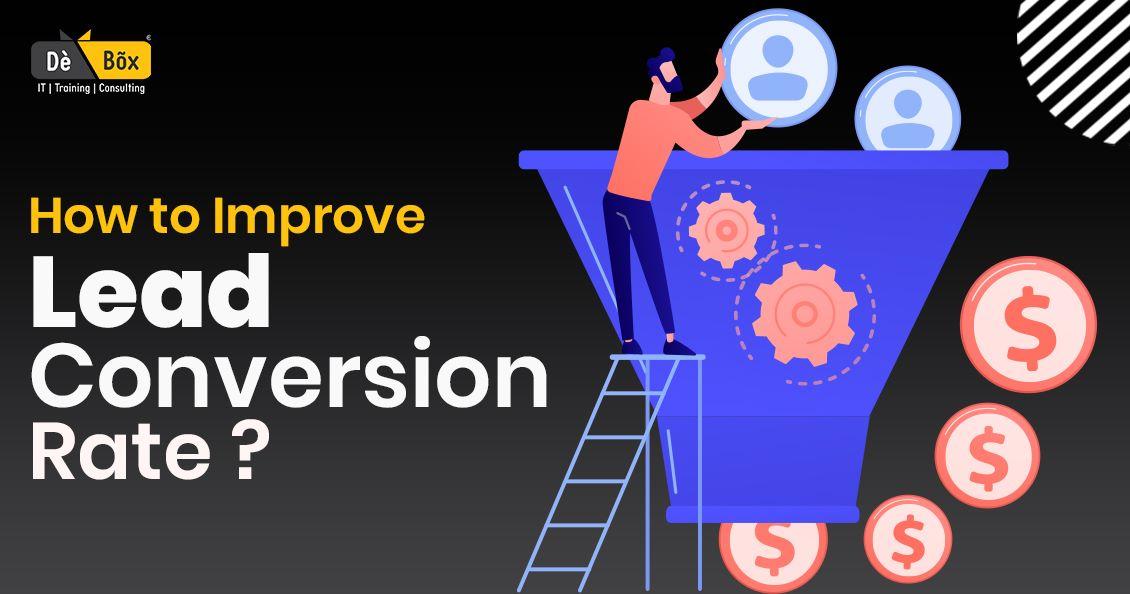
1677833077.jpeg)
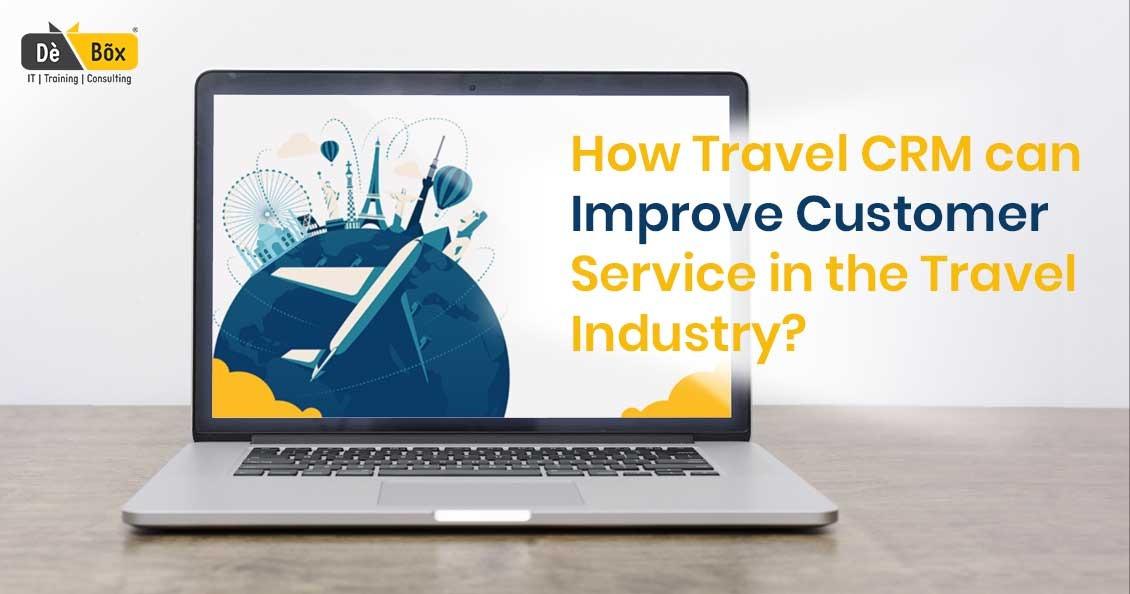

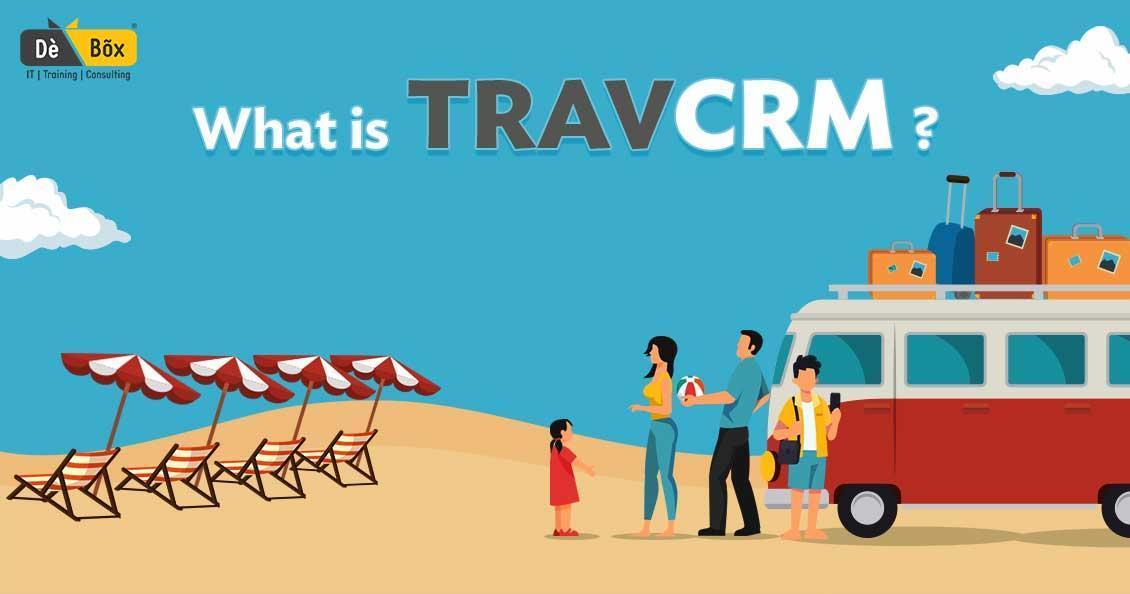




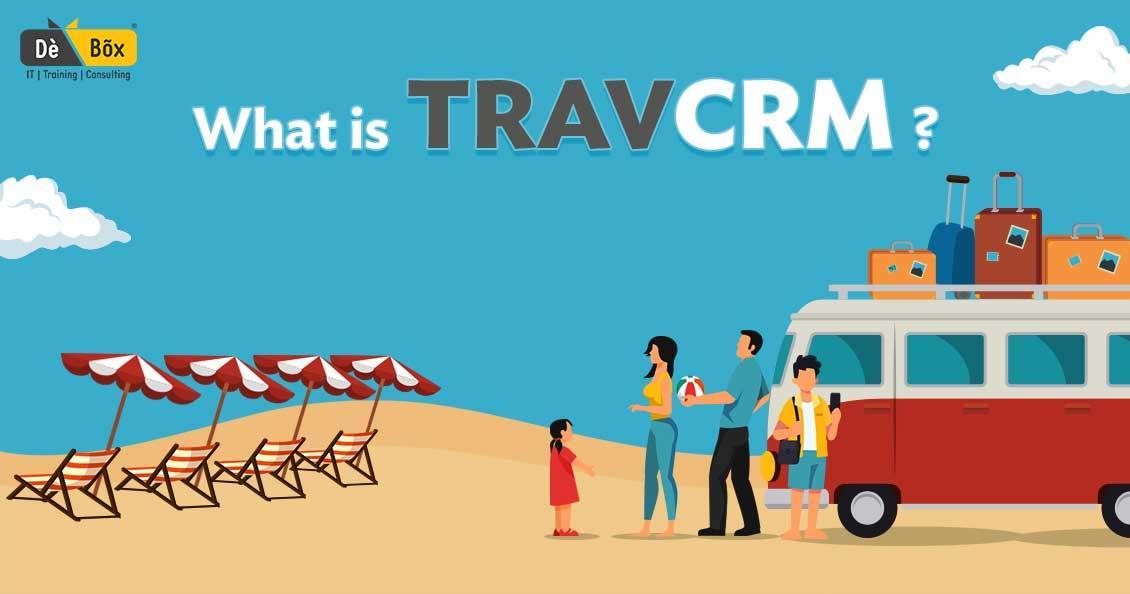


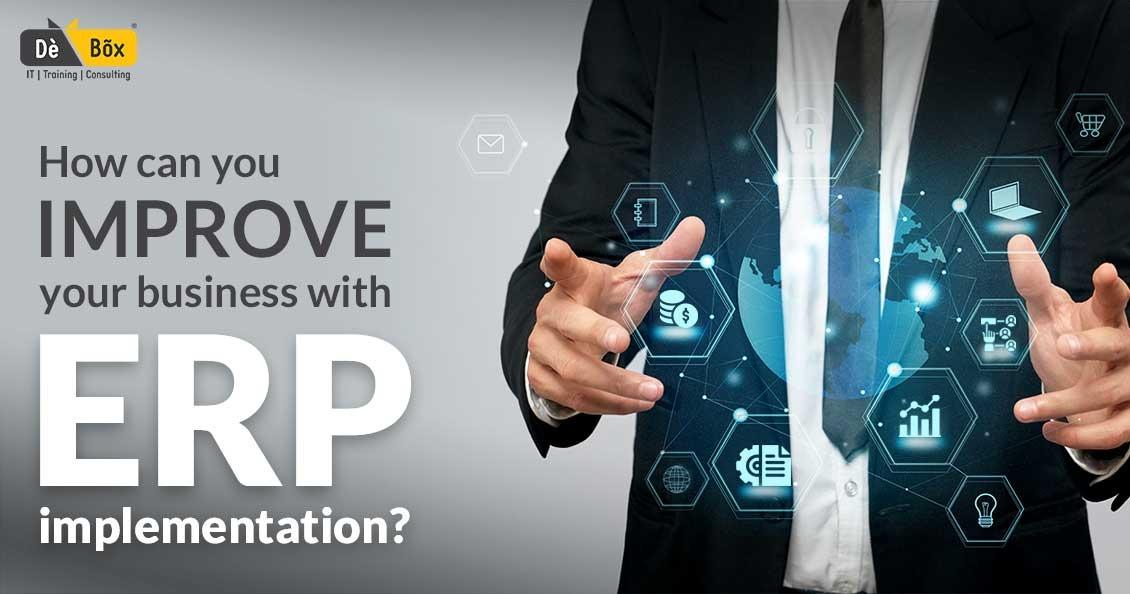




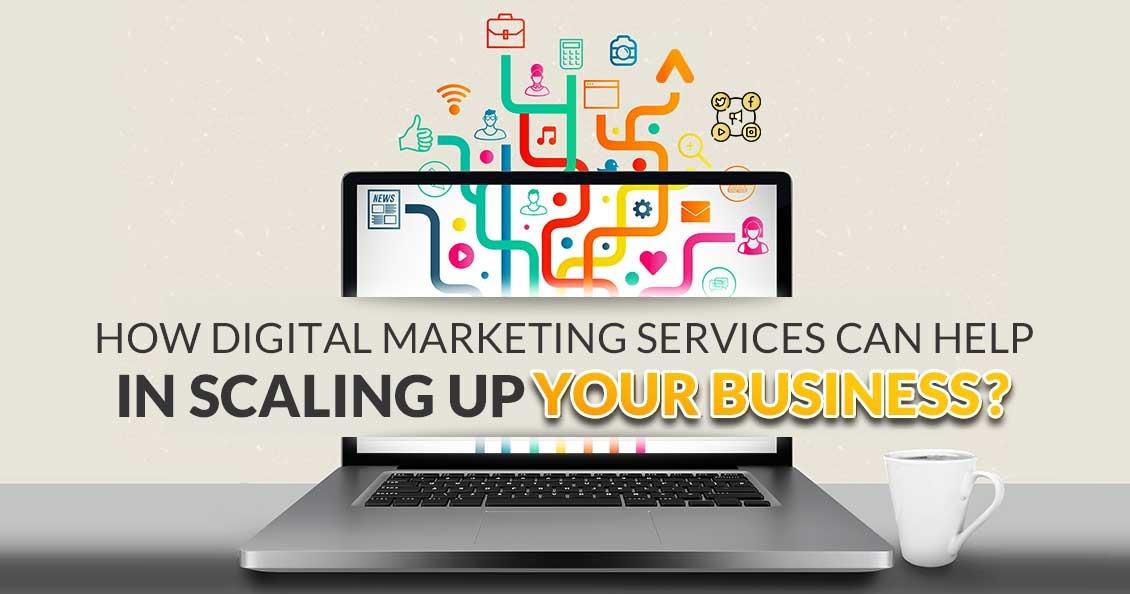

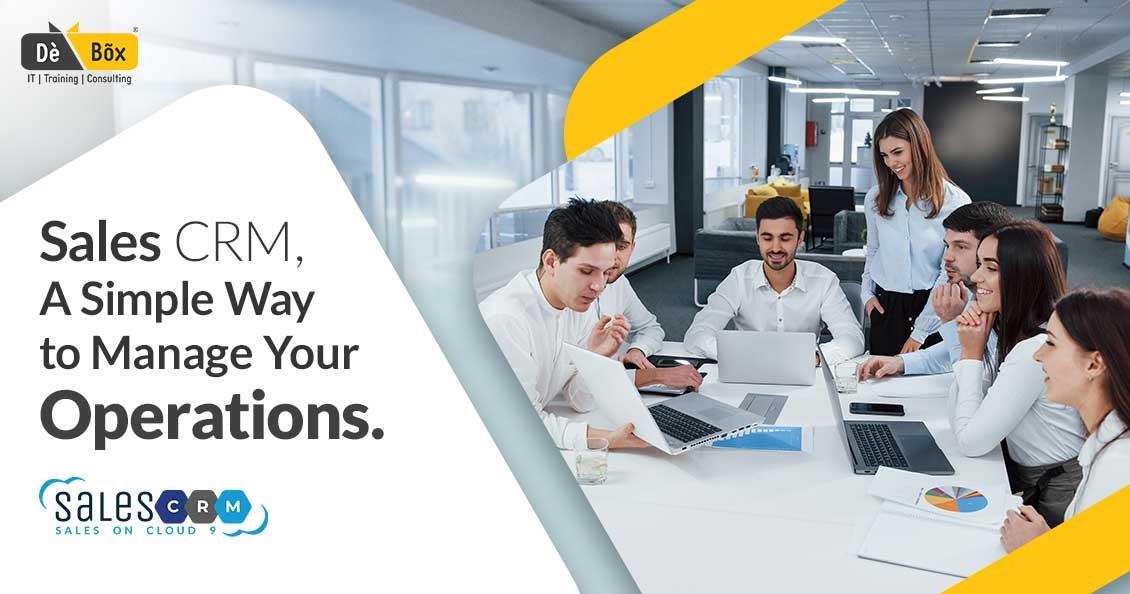
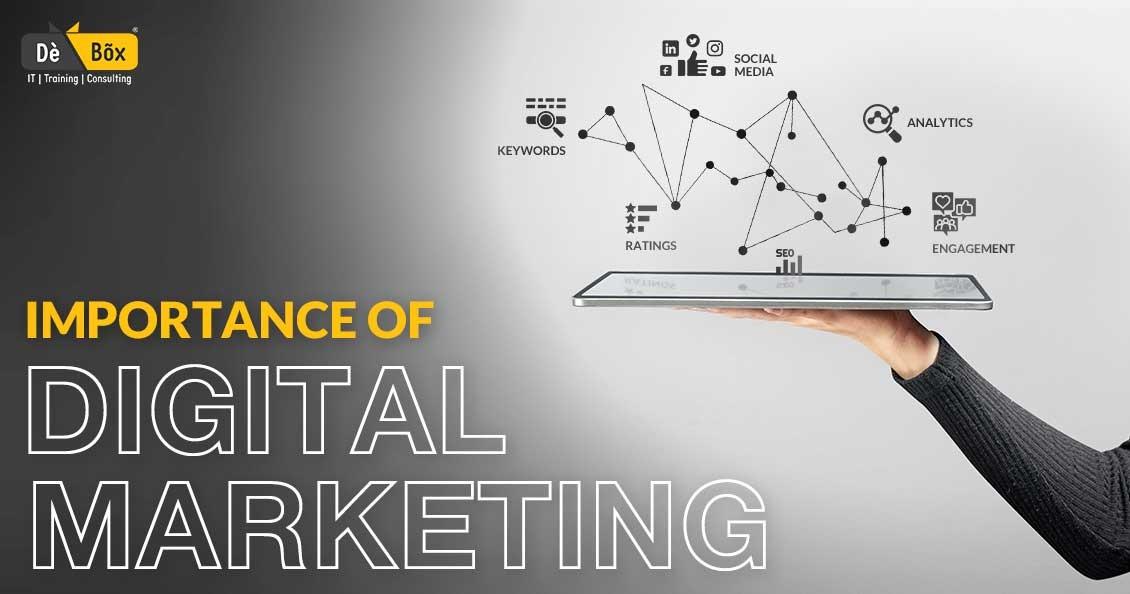


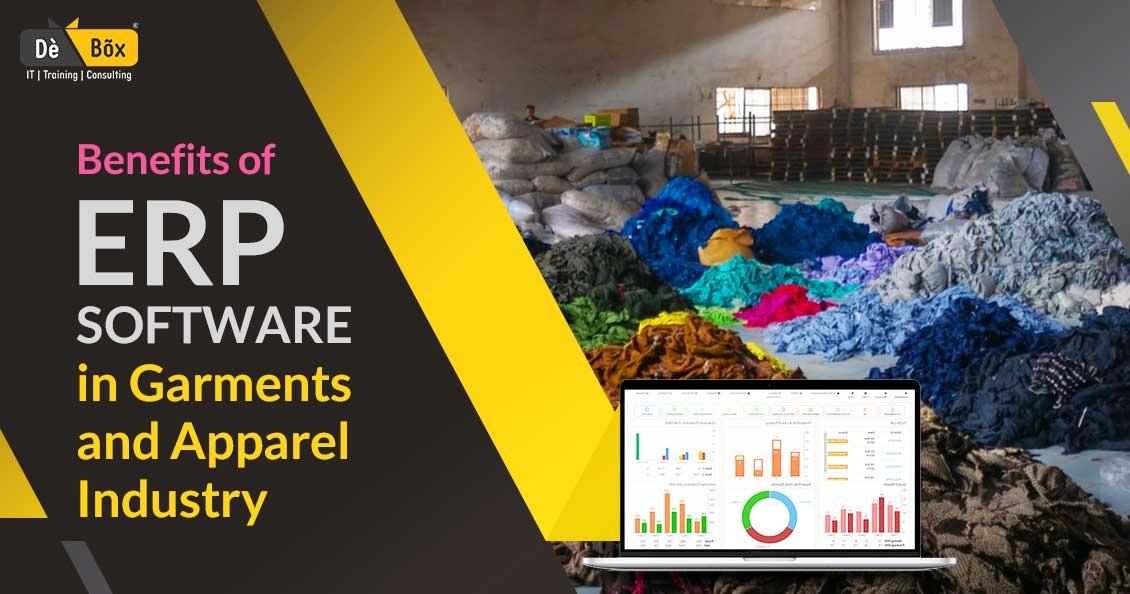
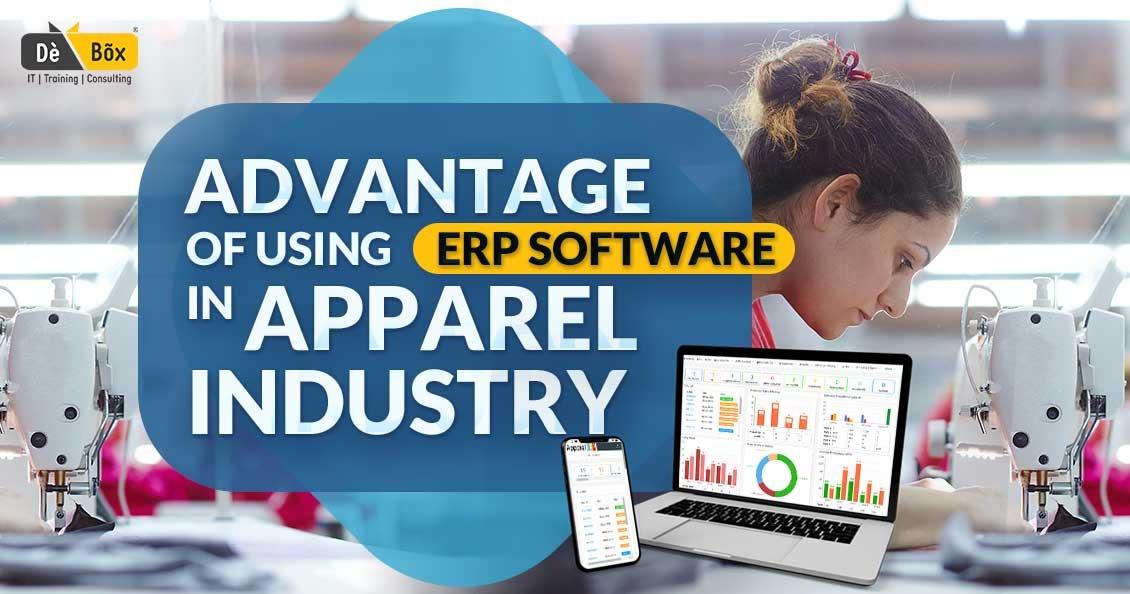
1646037372.jpg)
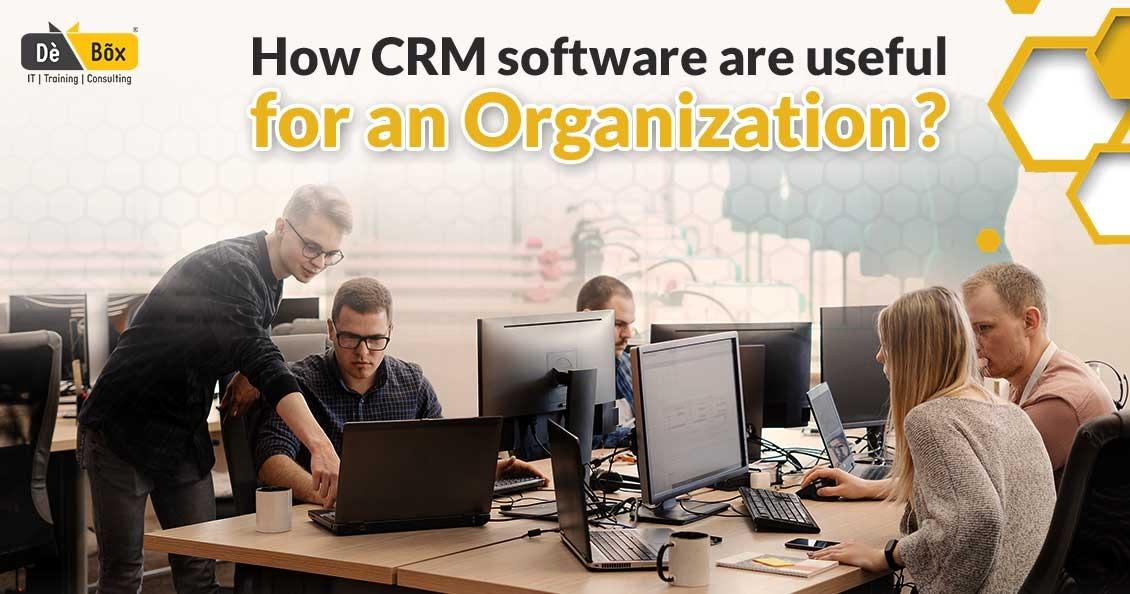
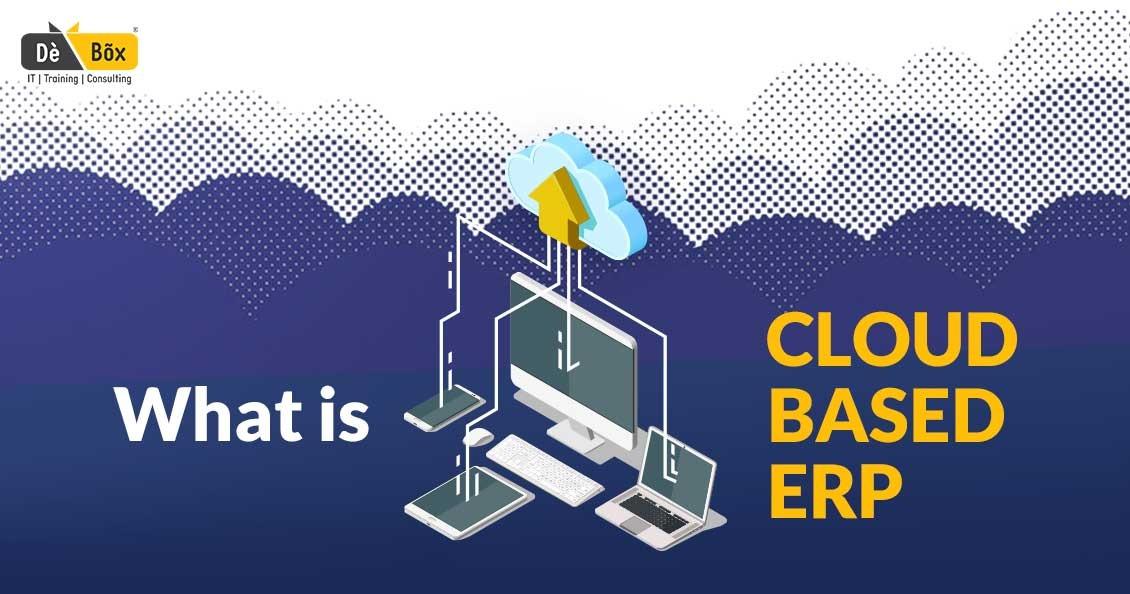



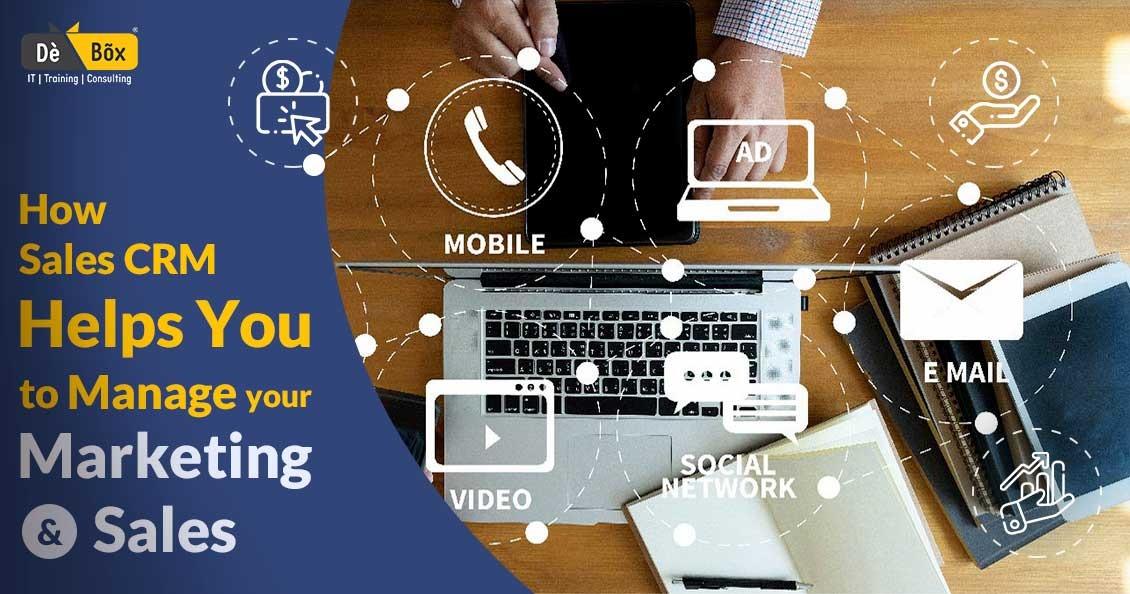
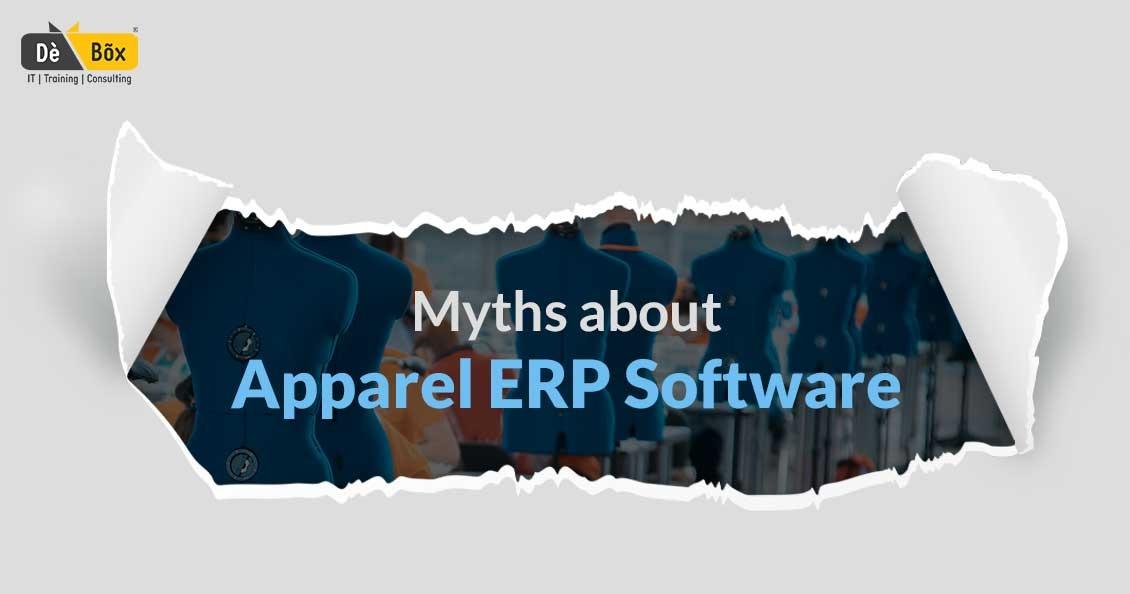
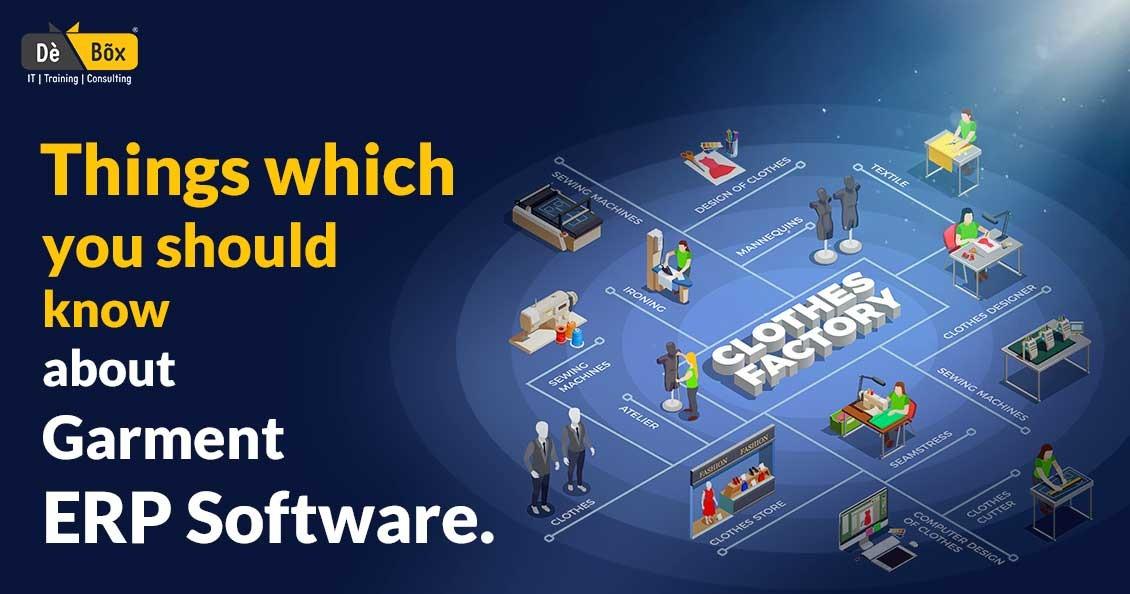
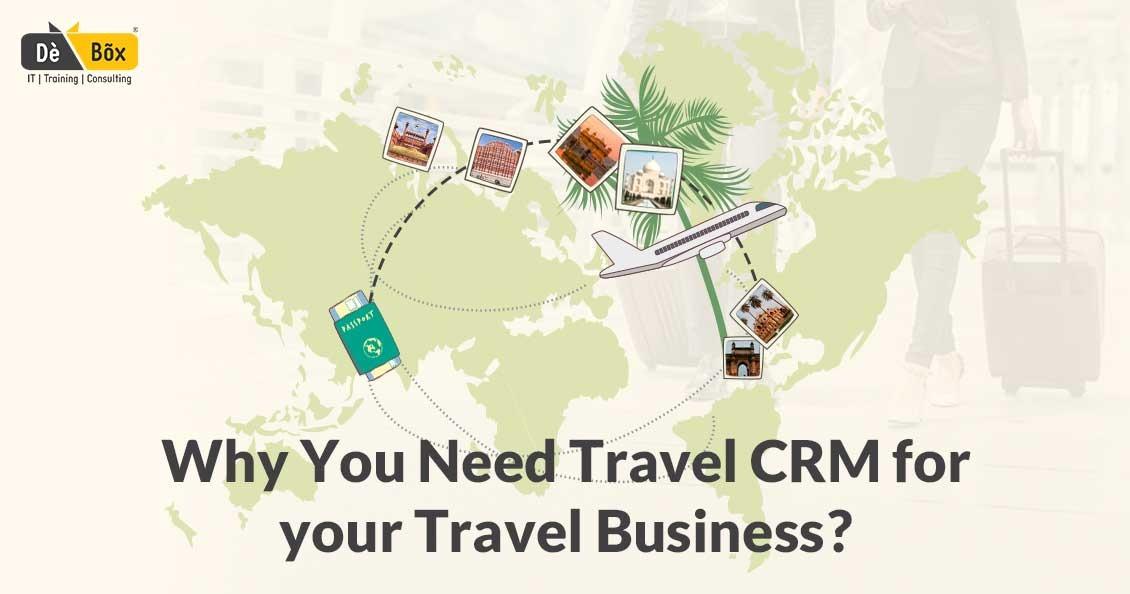

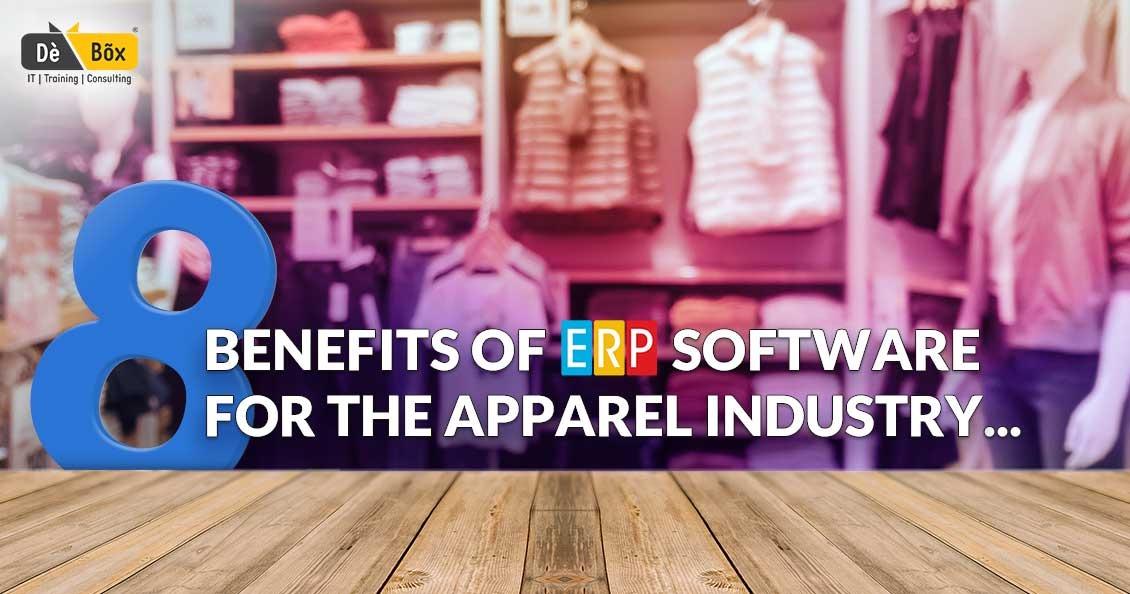

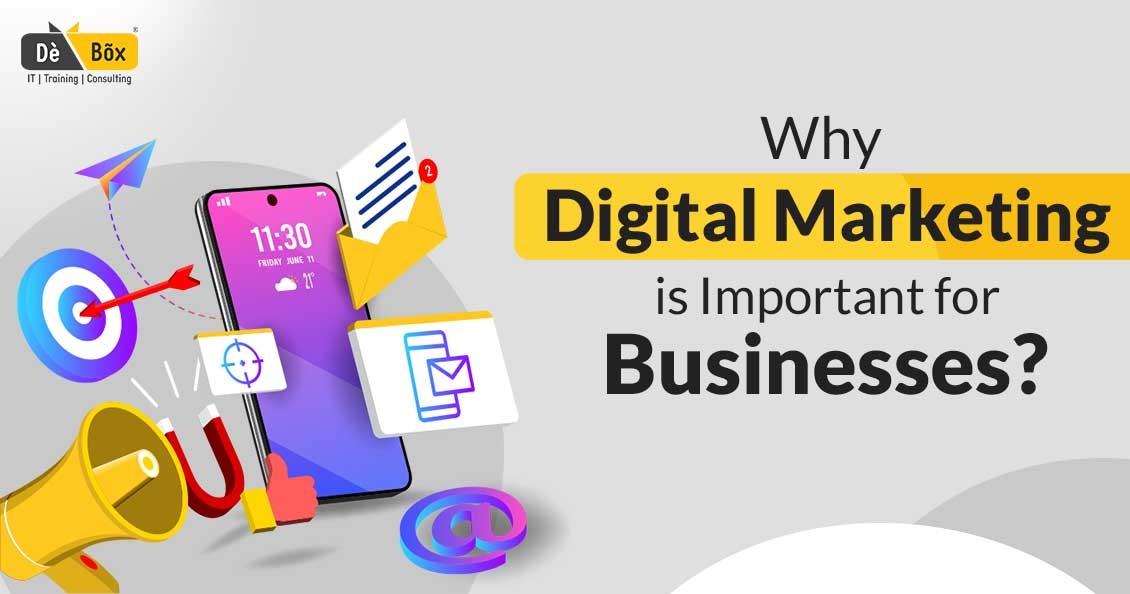

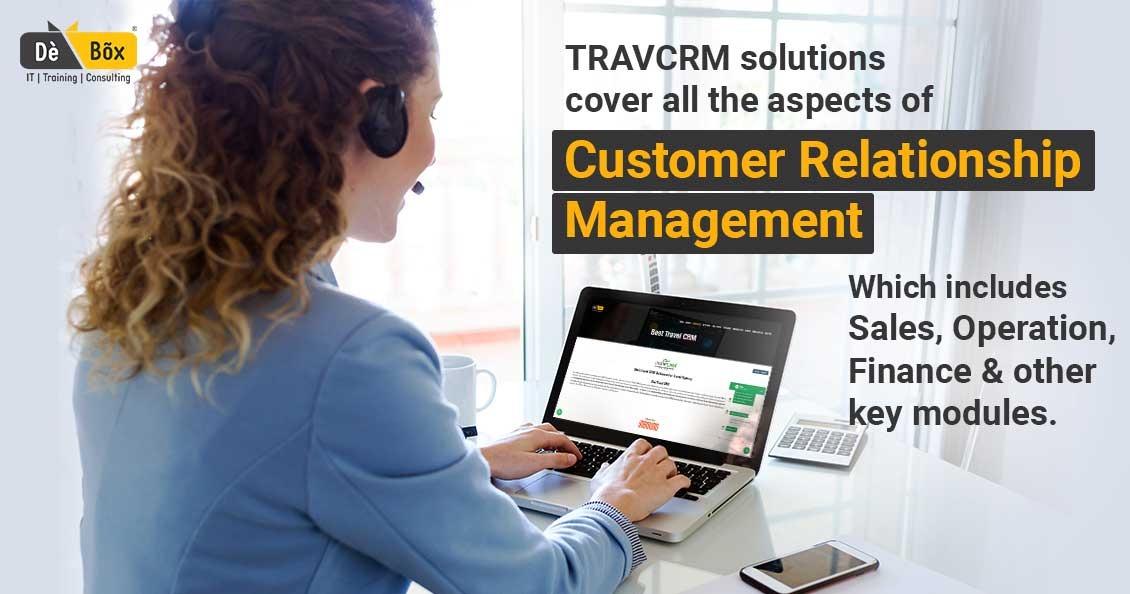
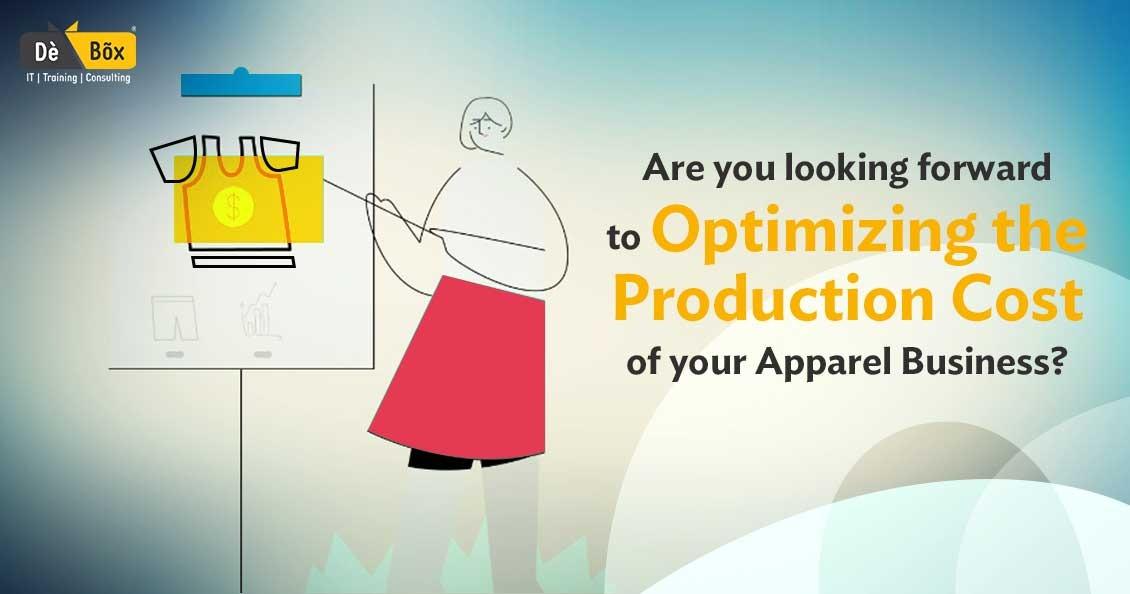


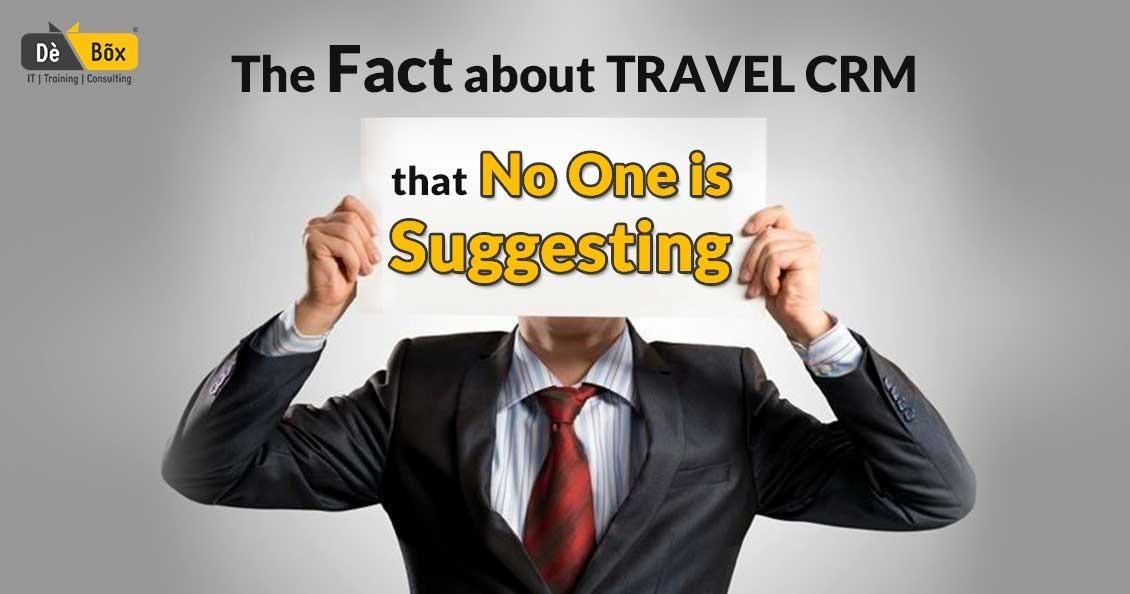
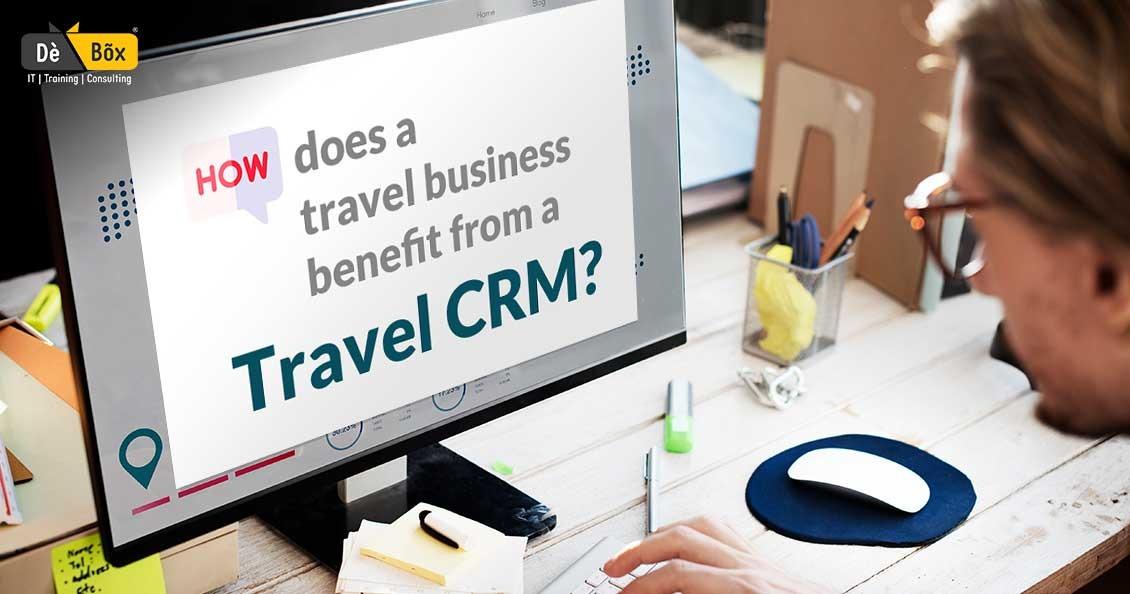




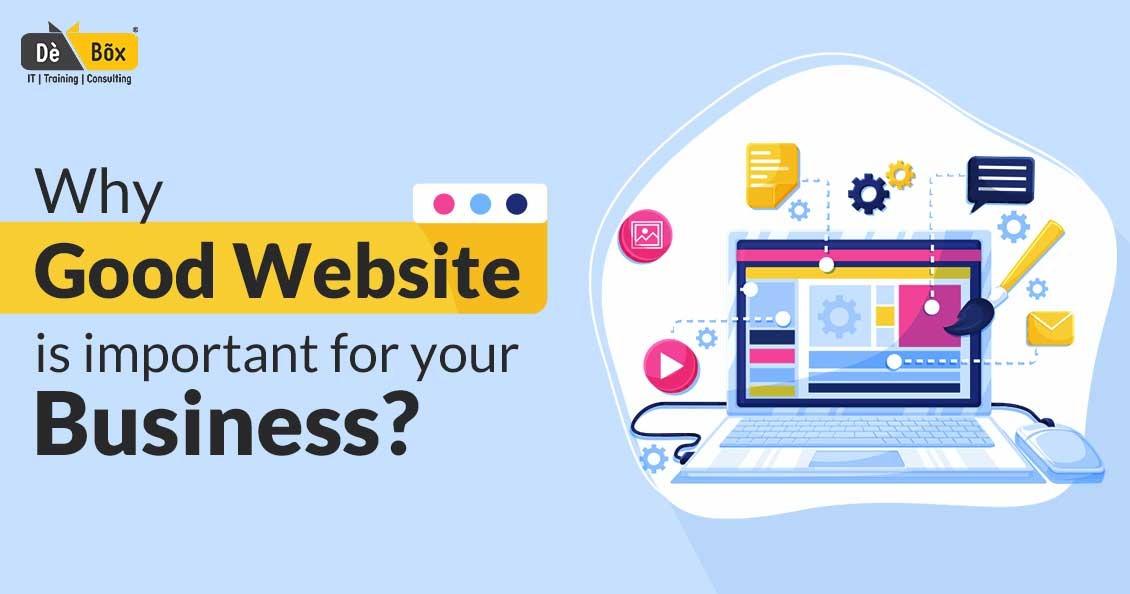
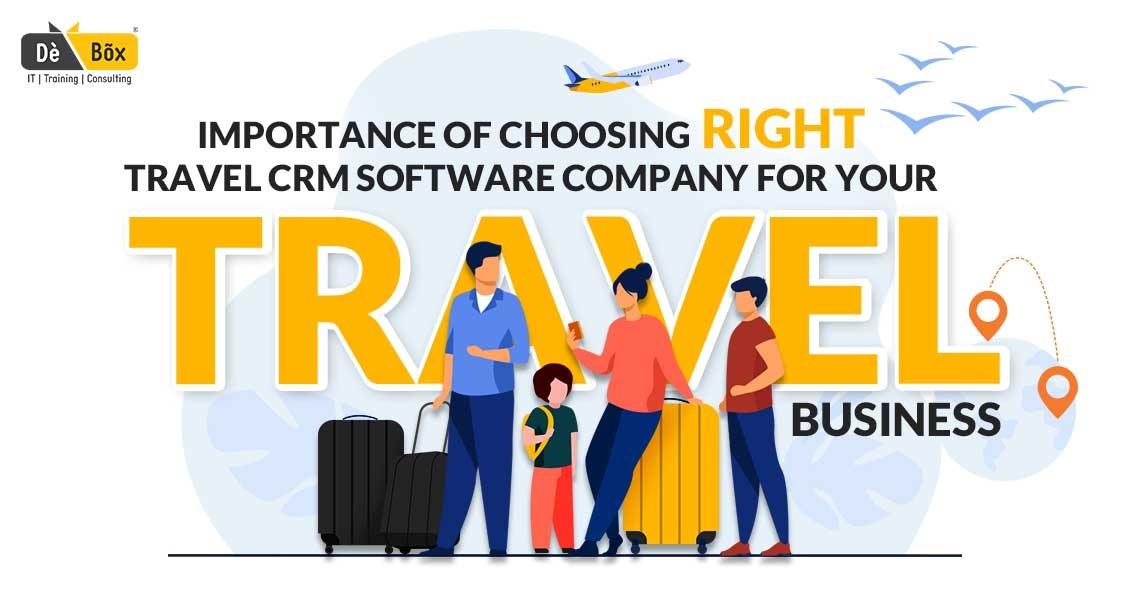
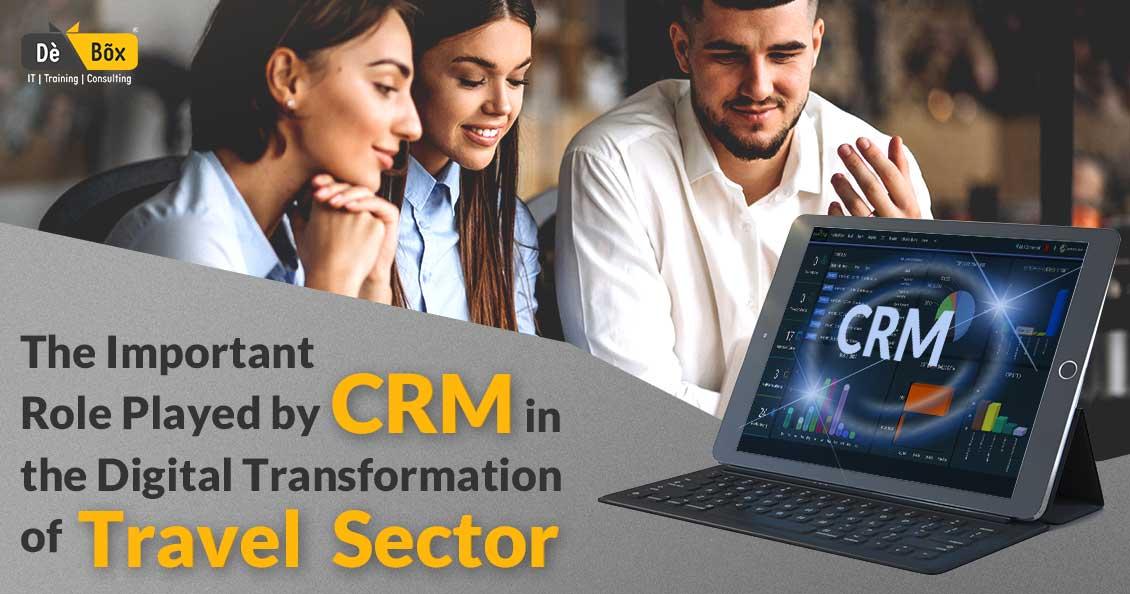
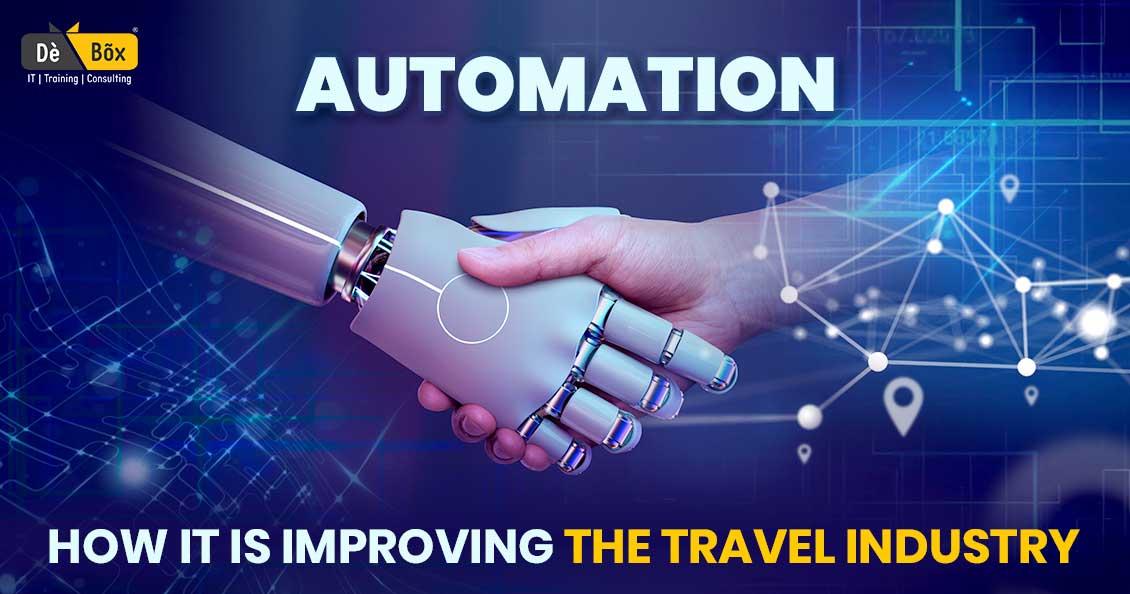
1631854739.png)
